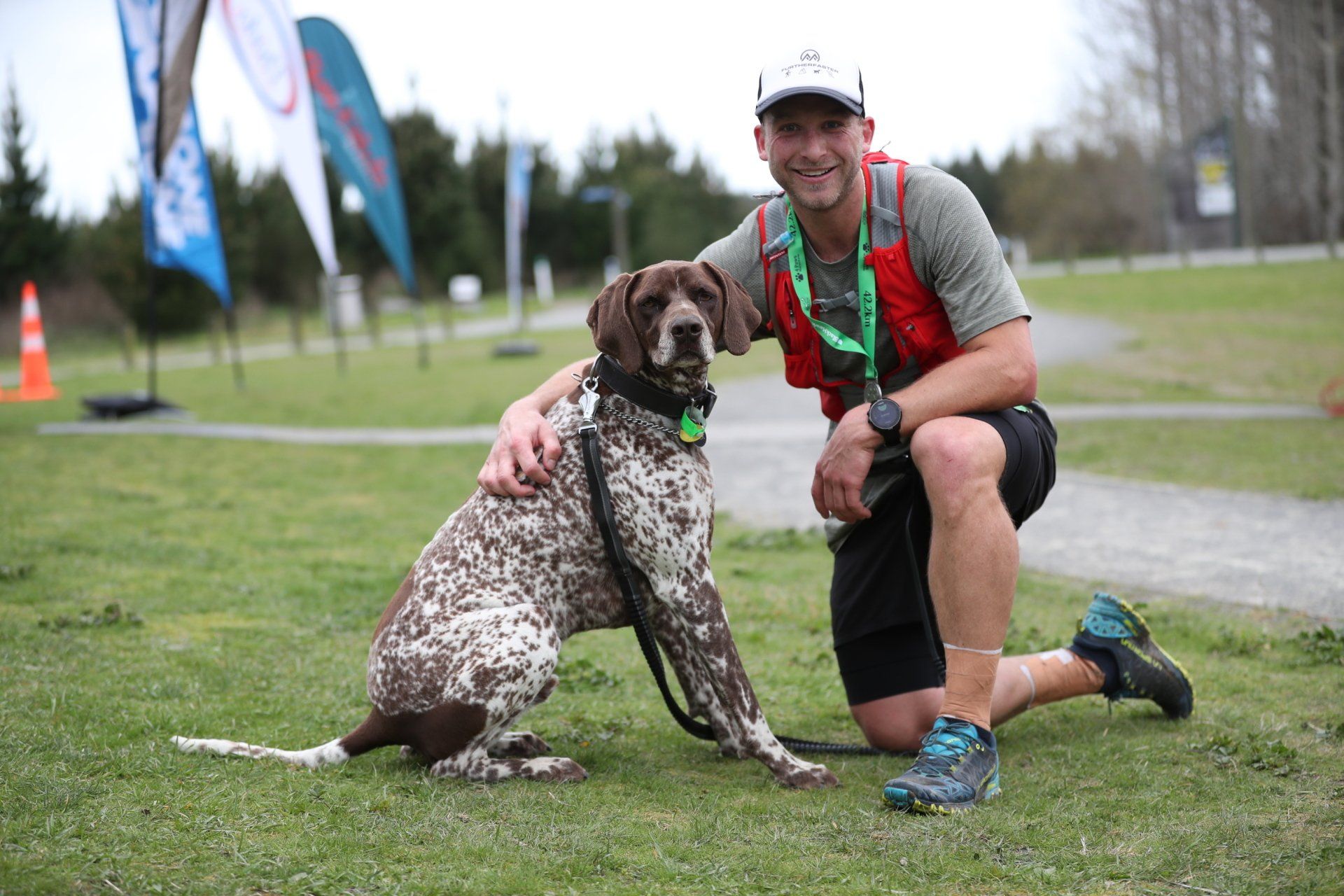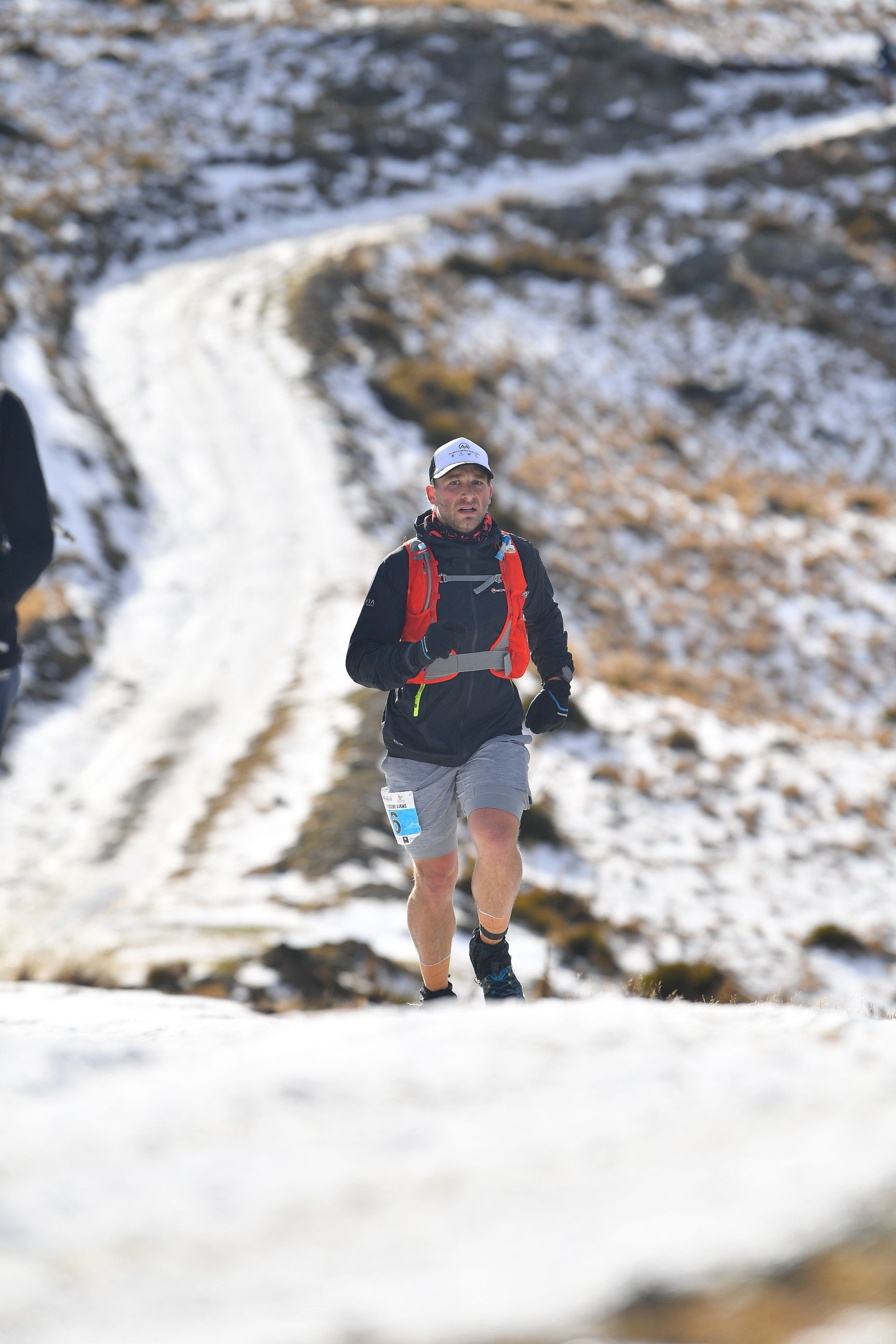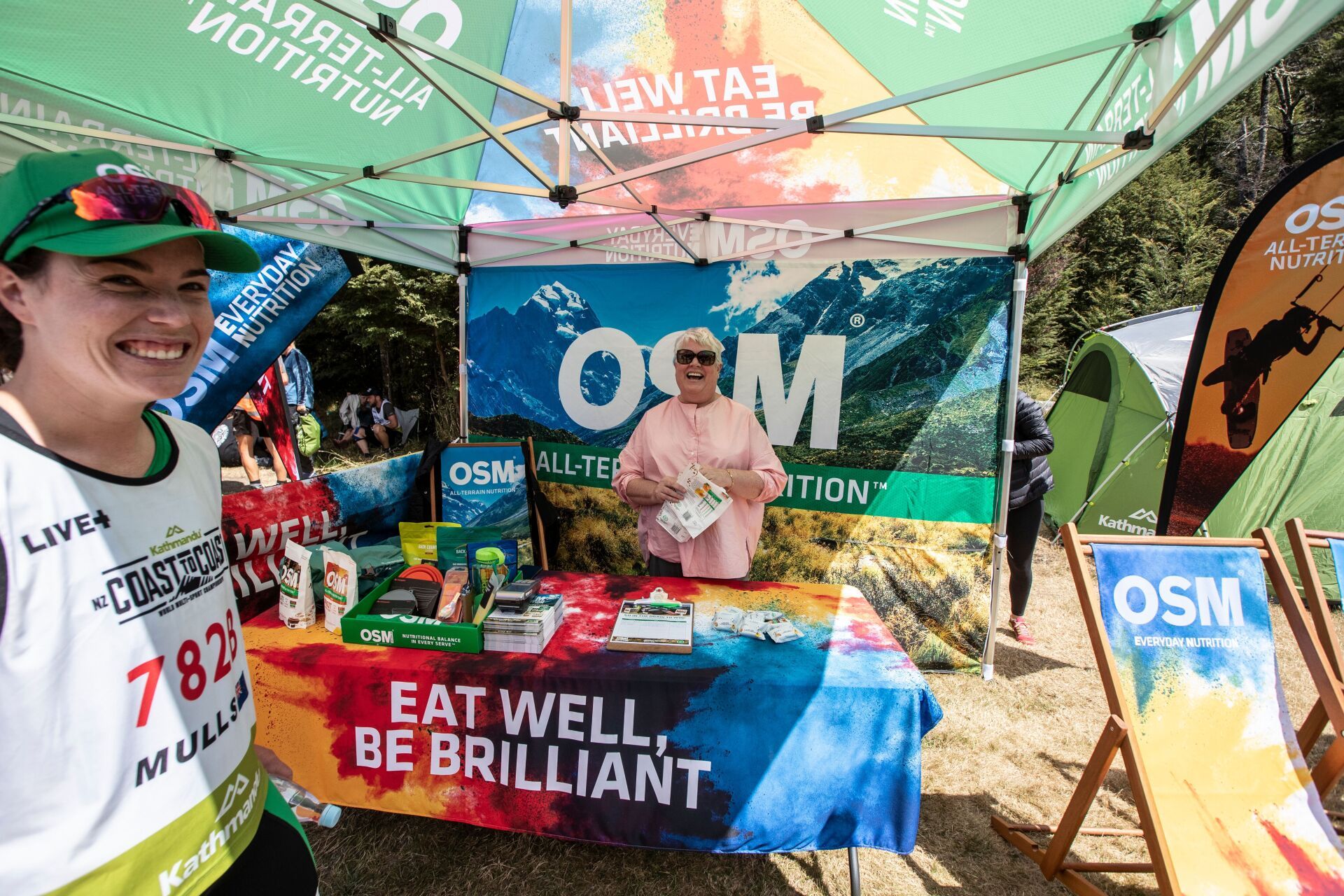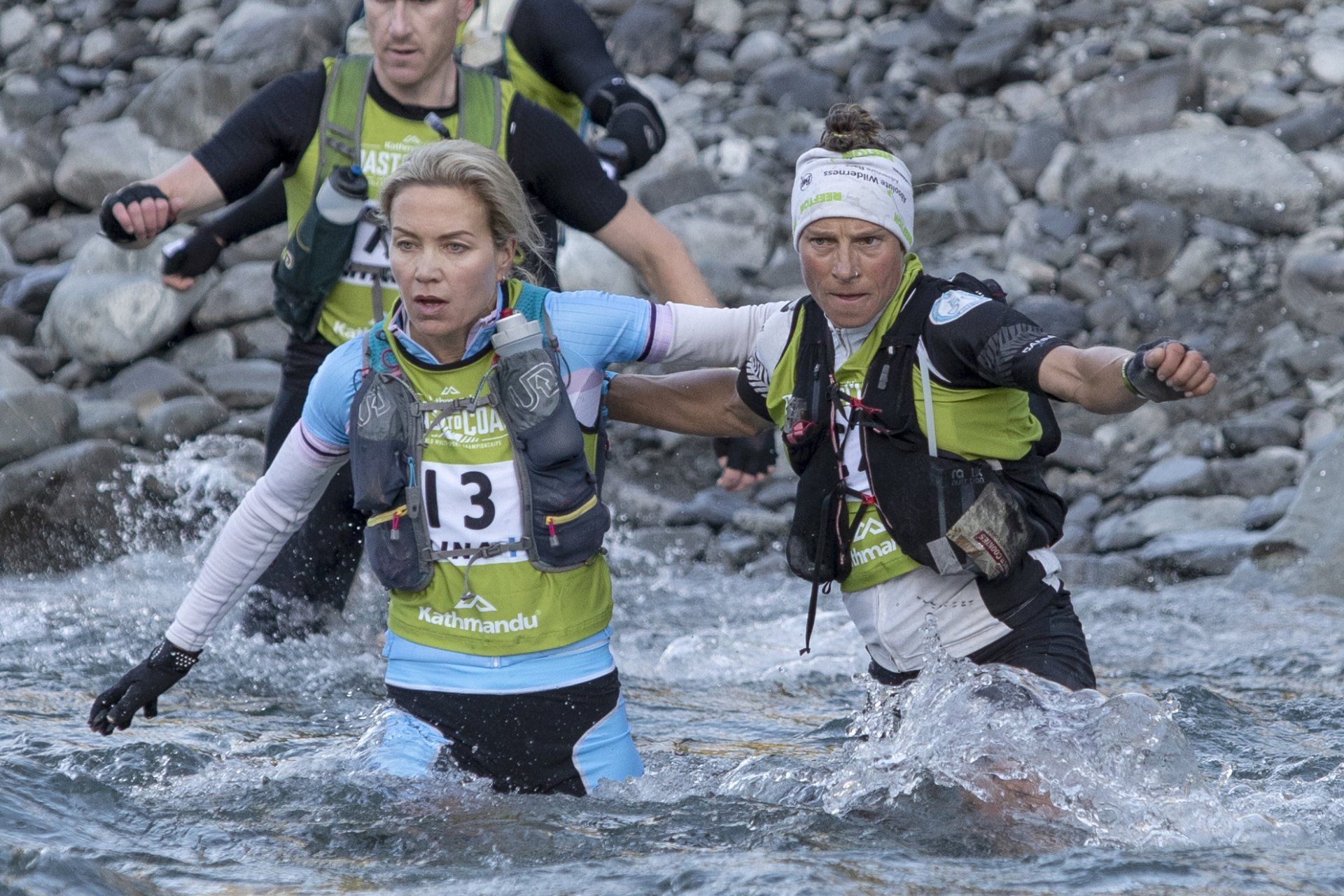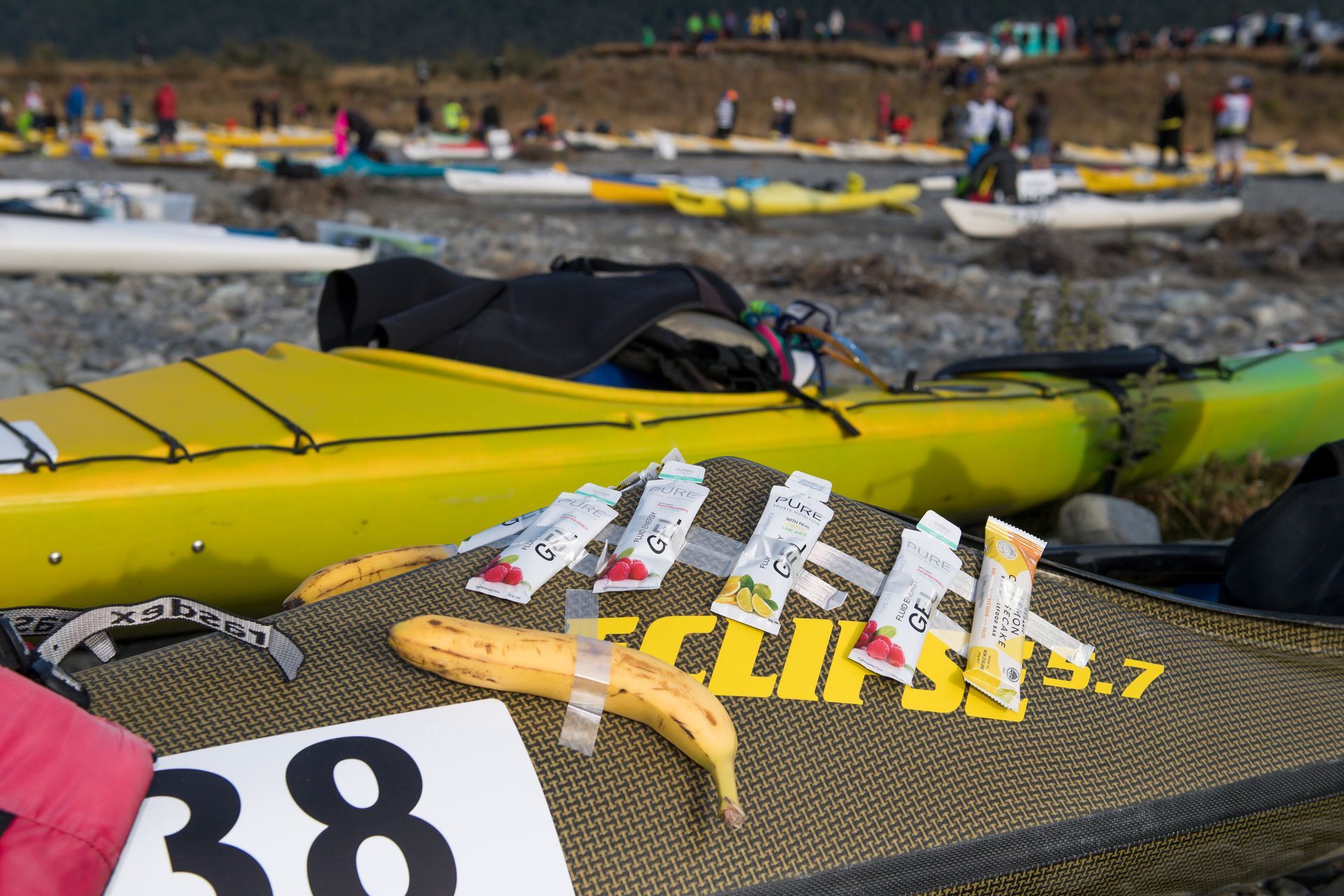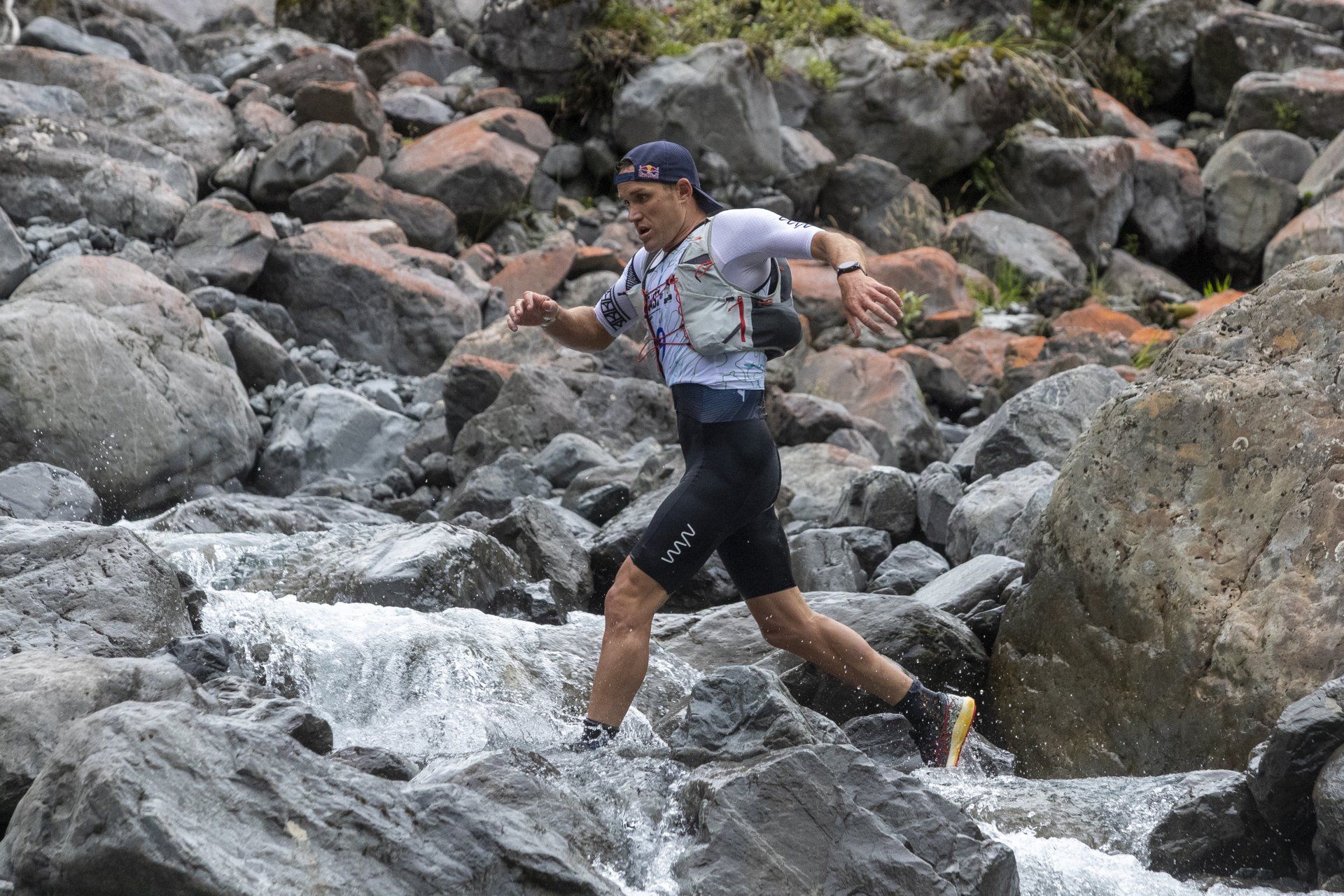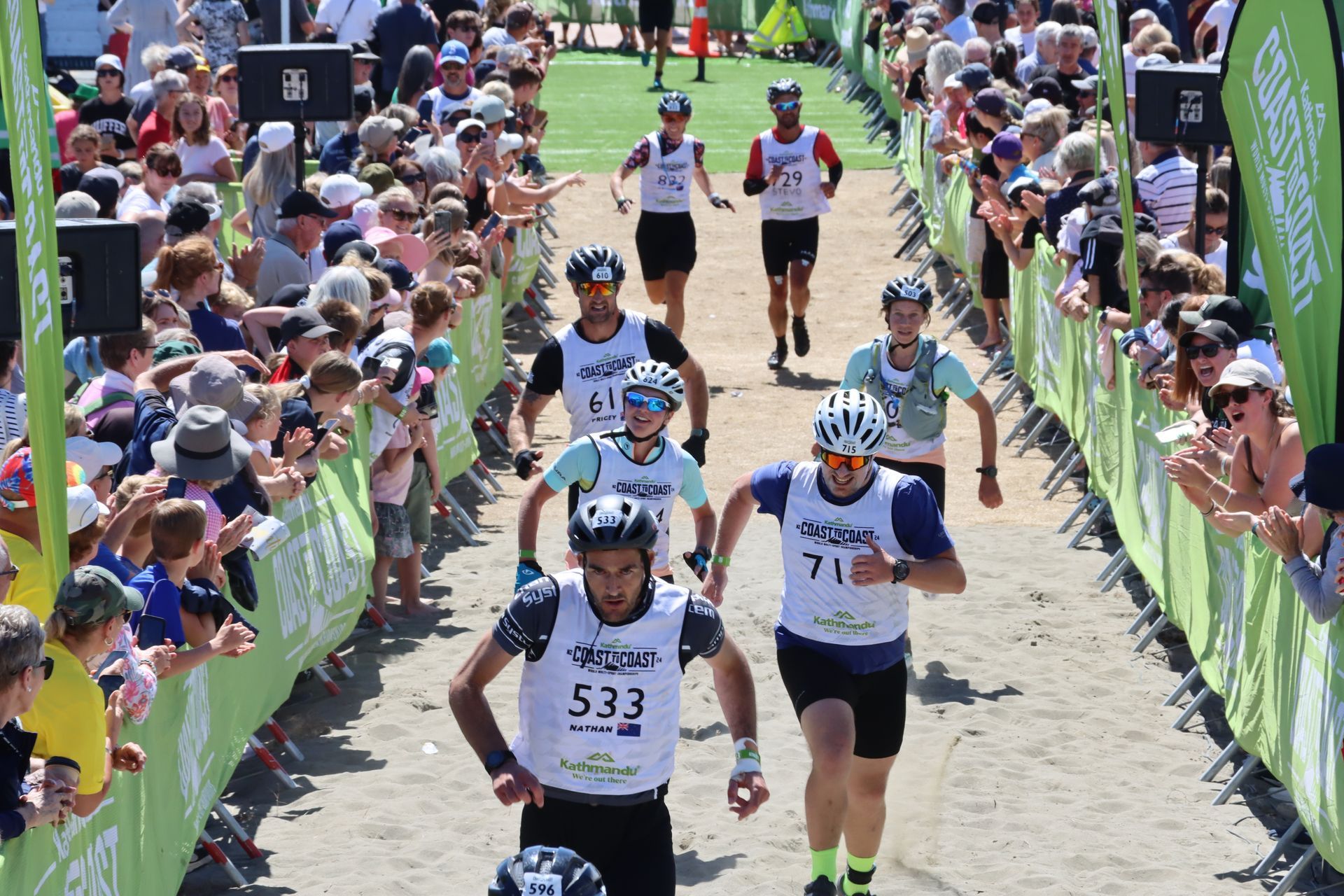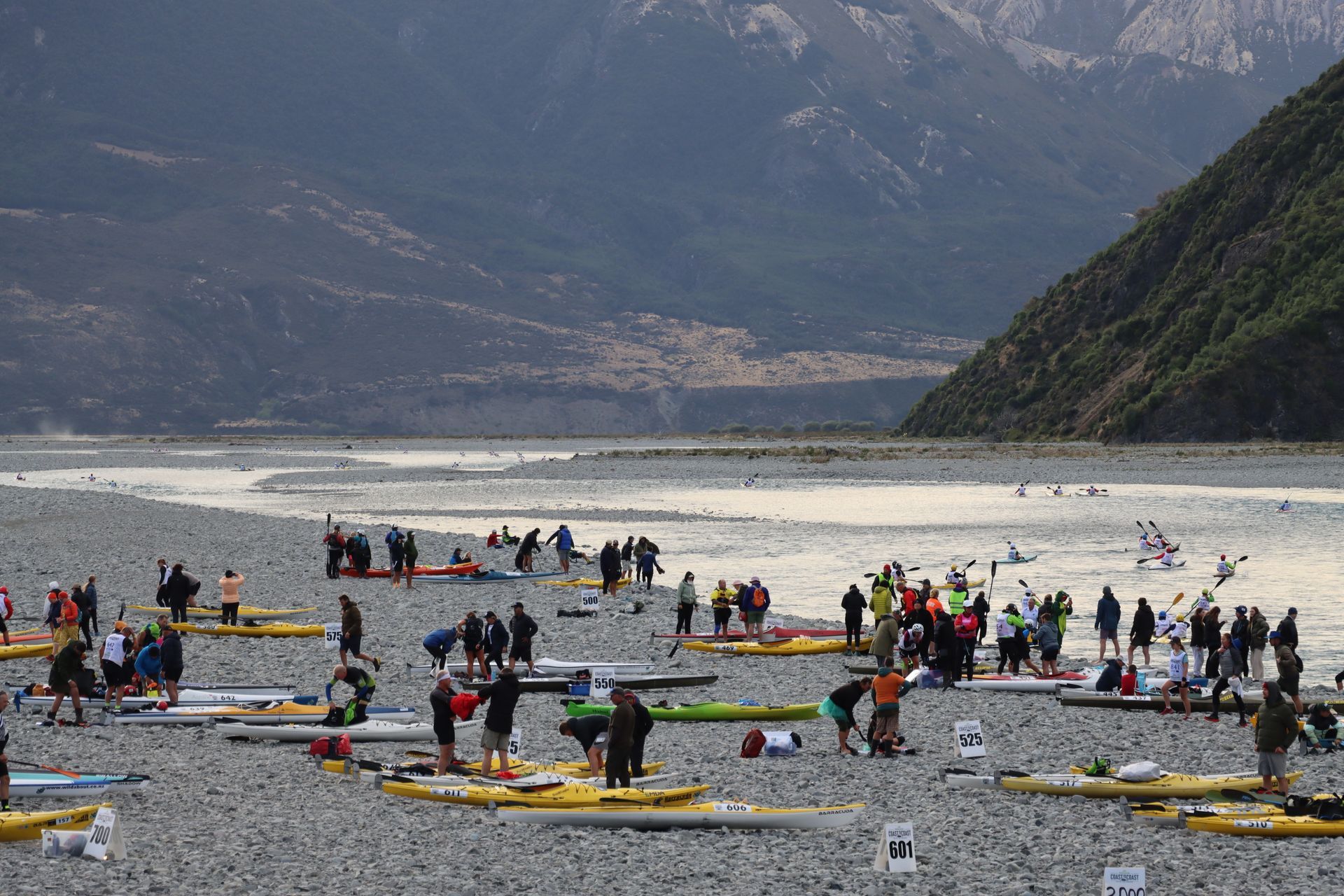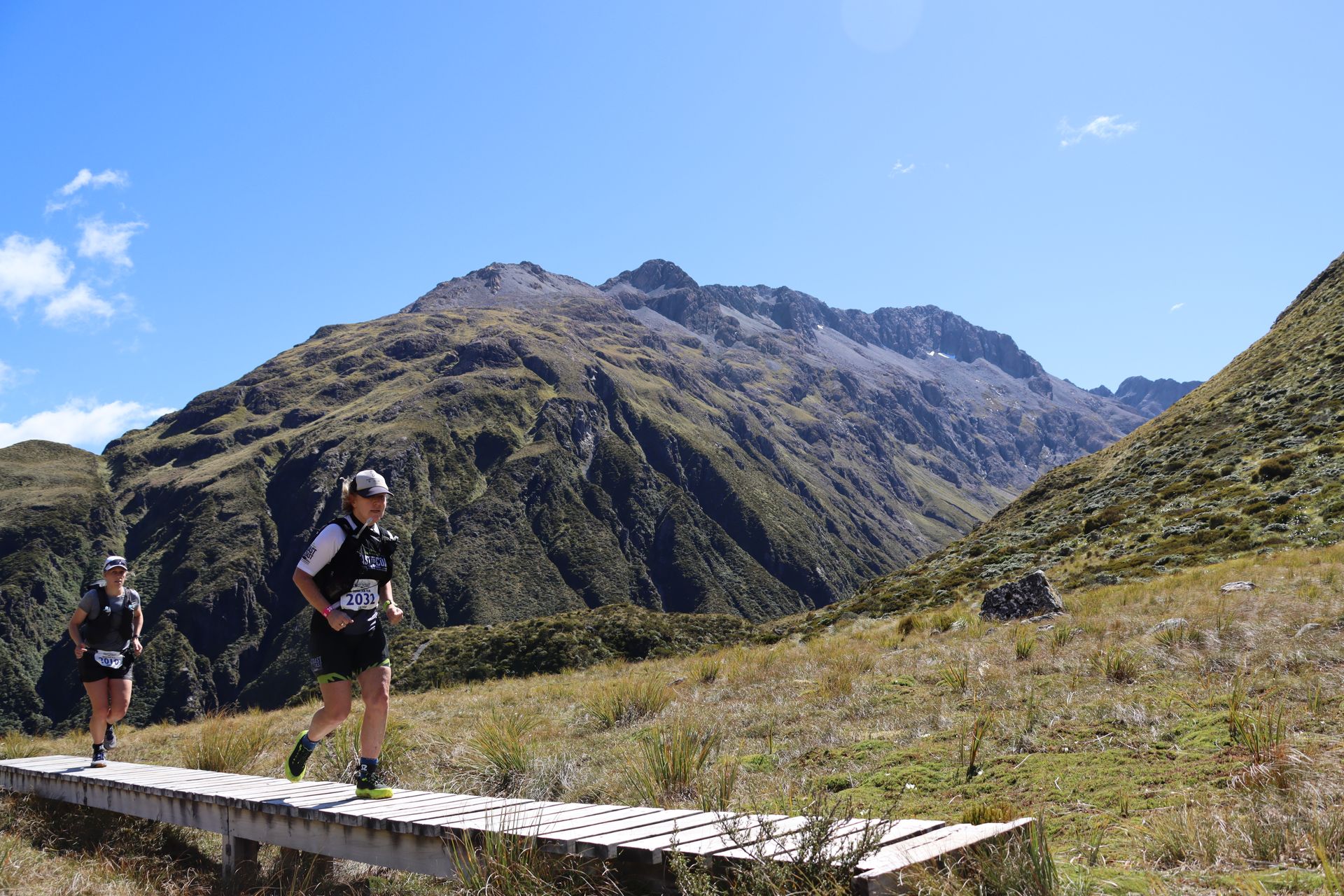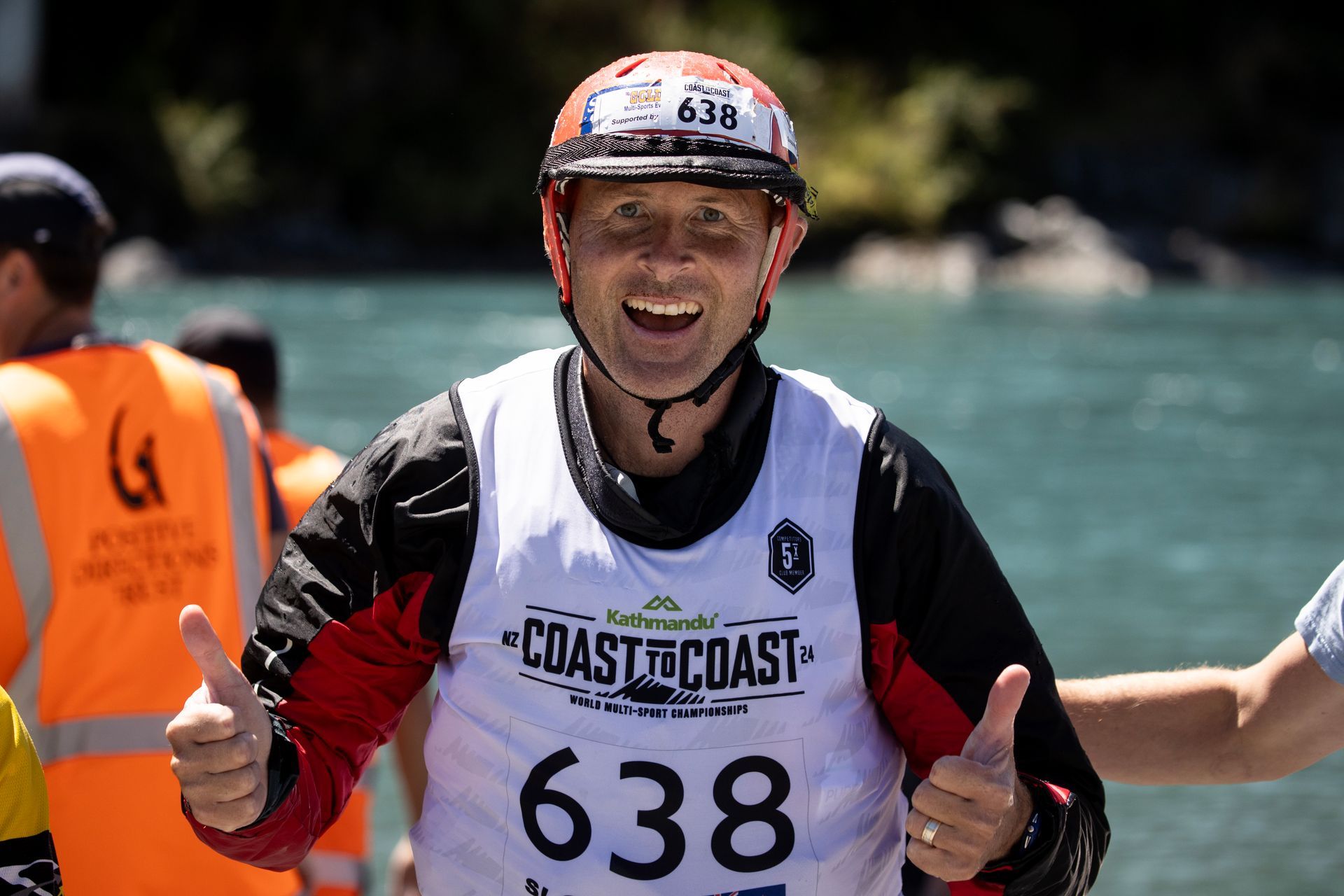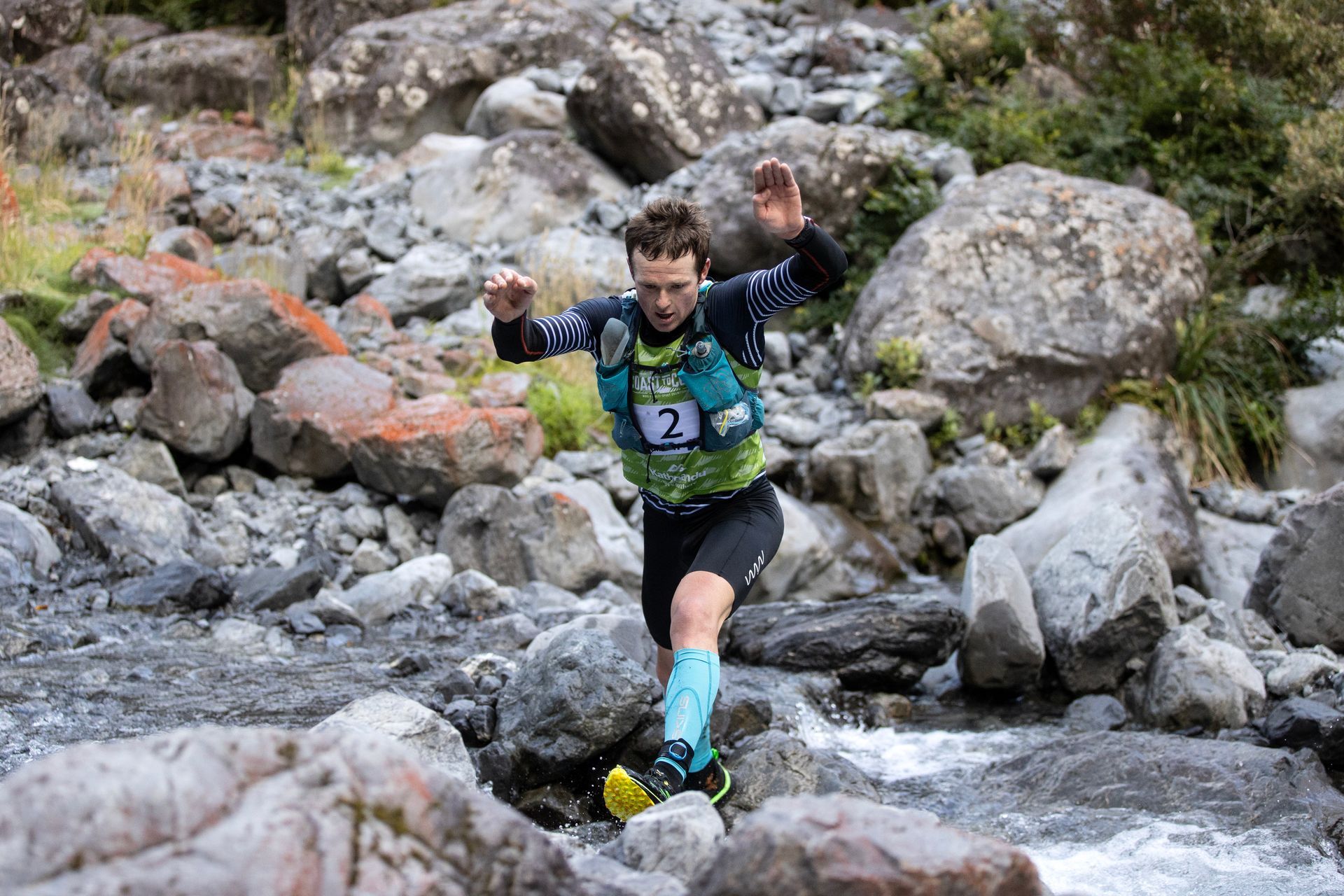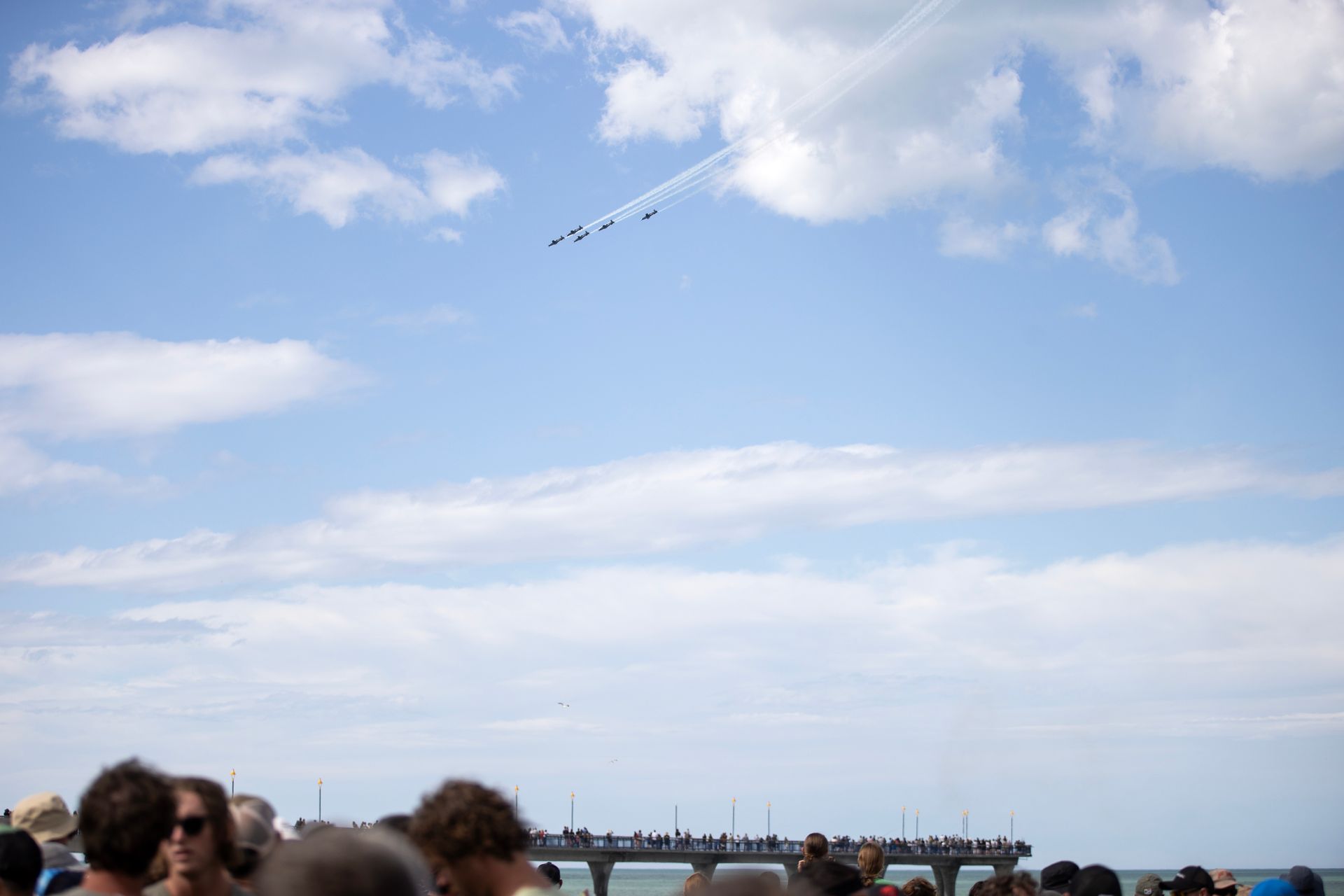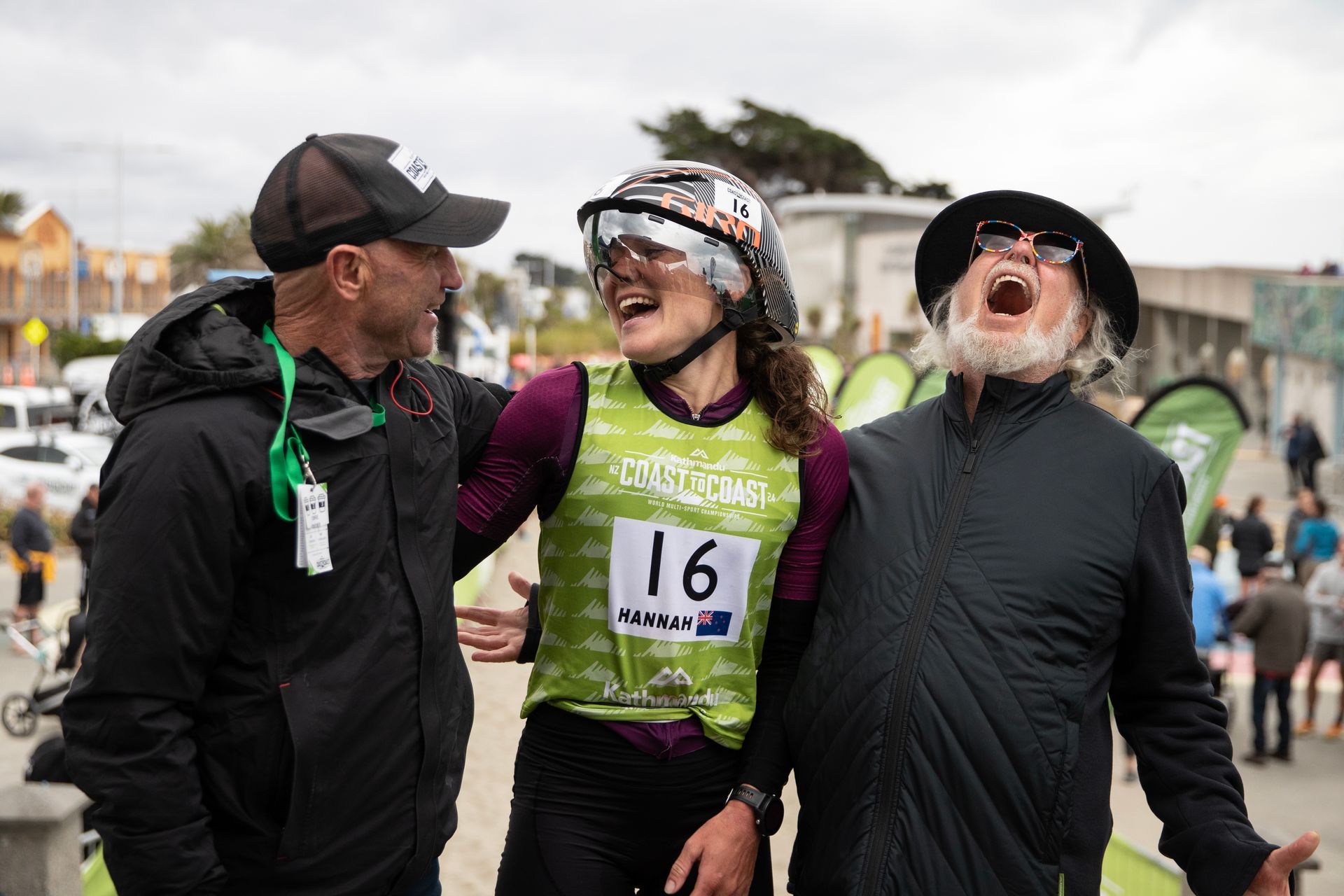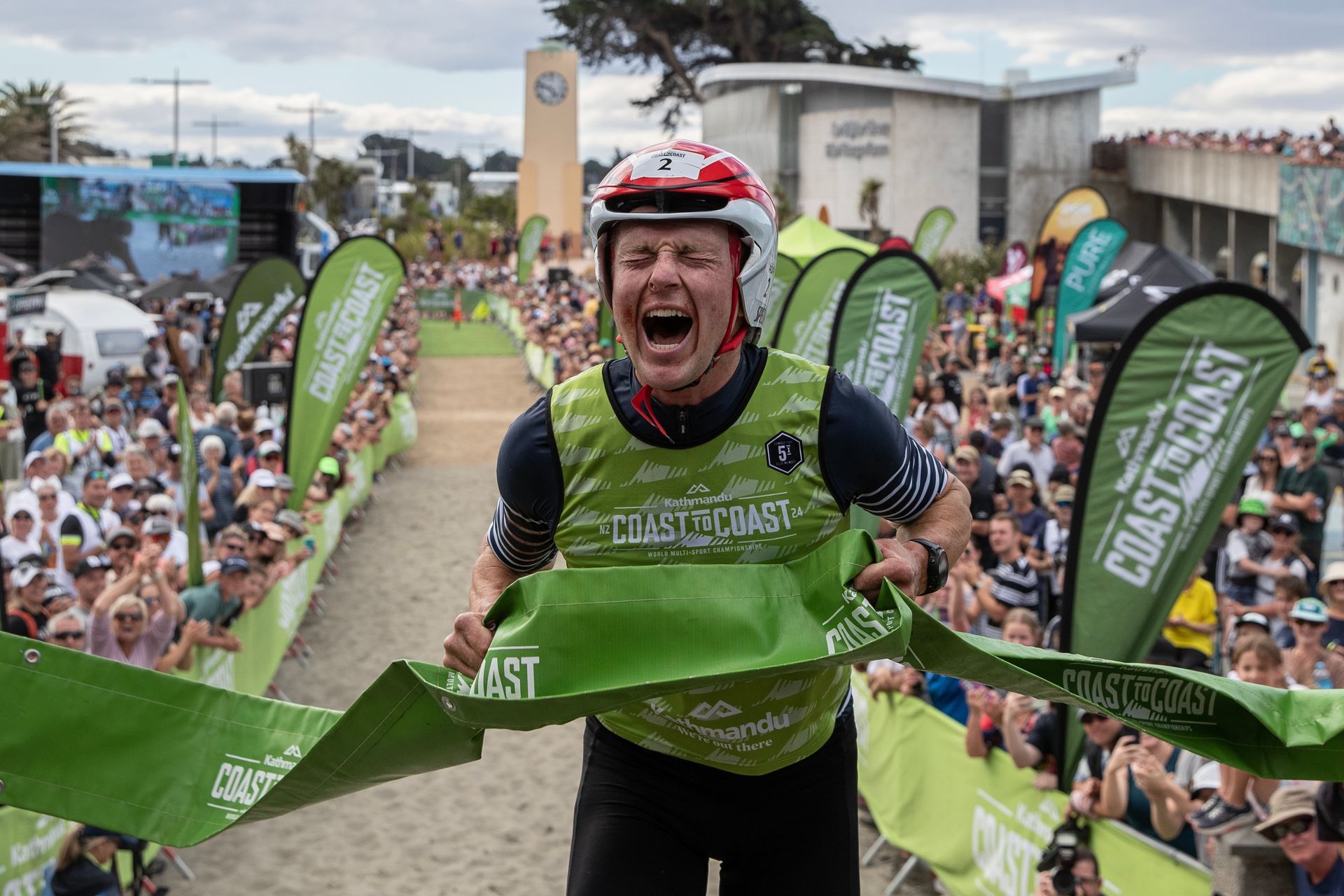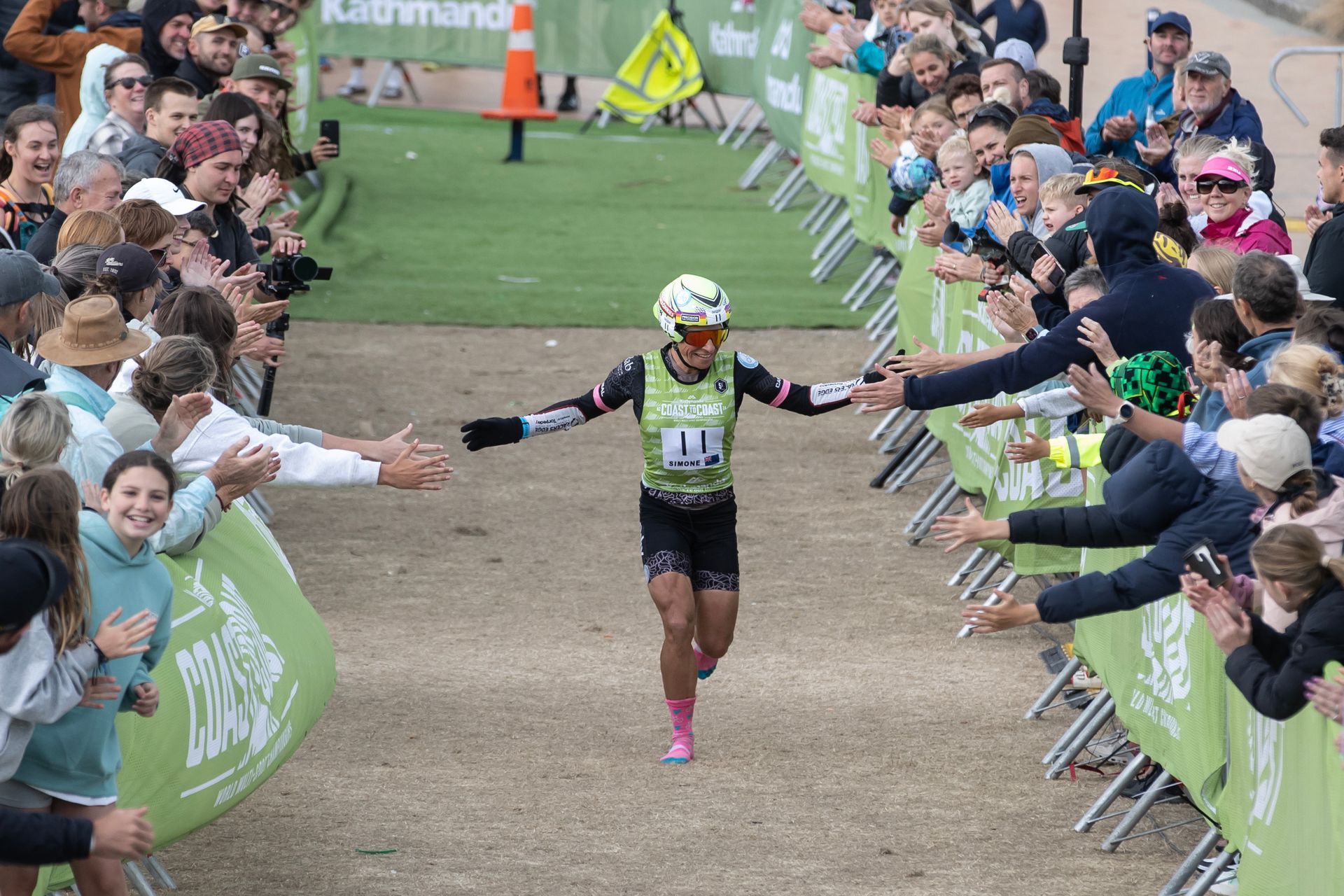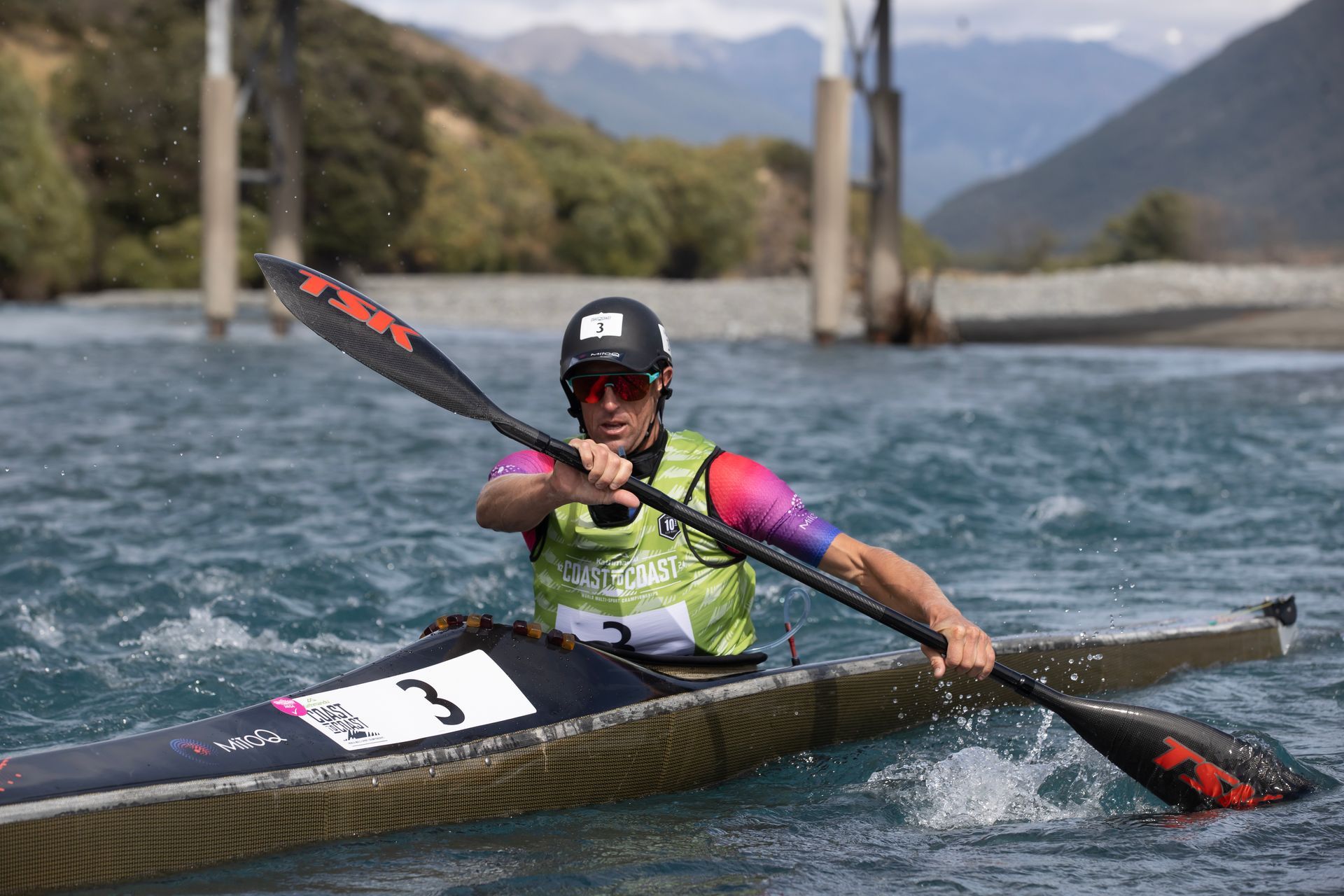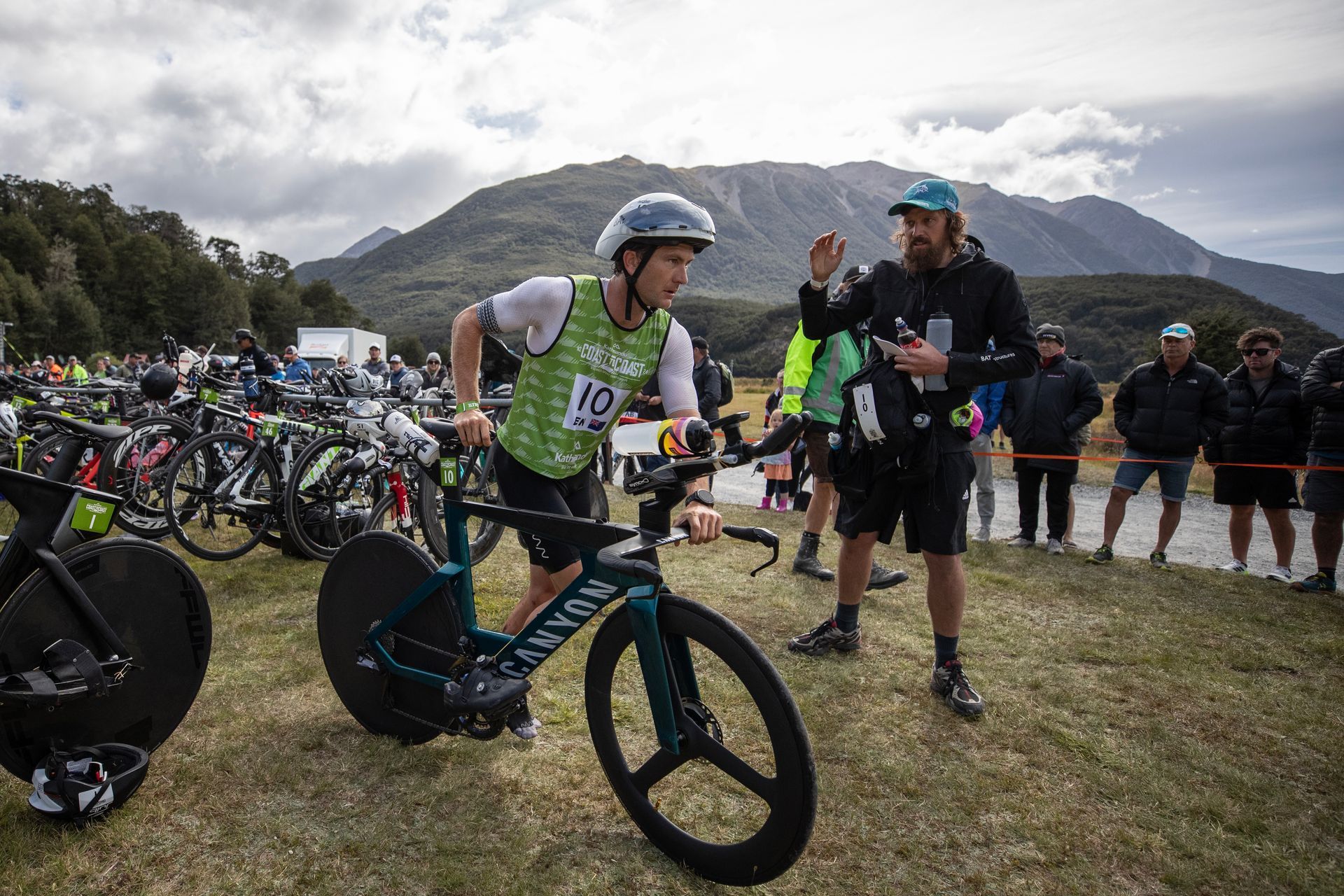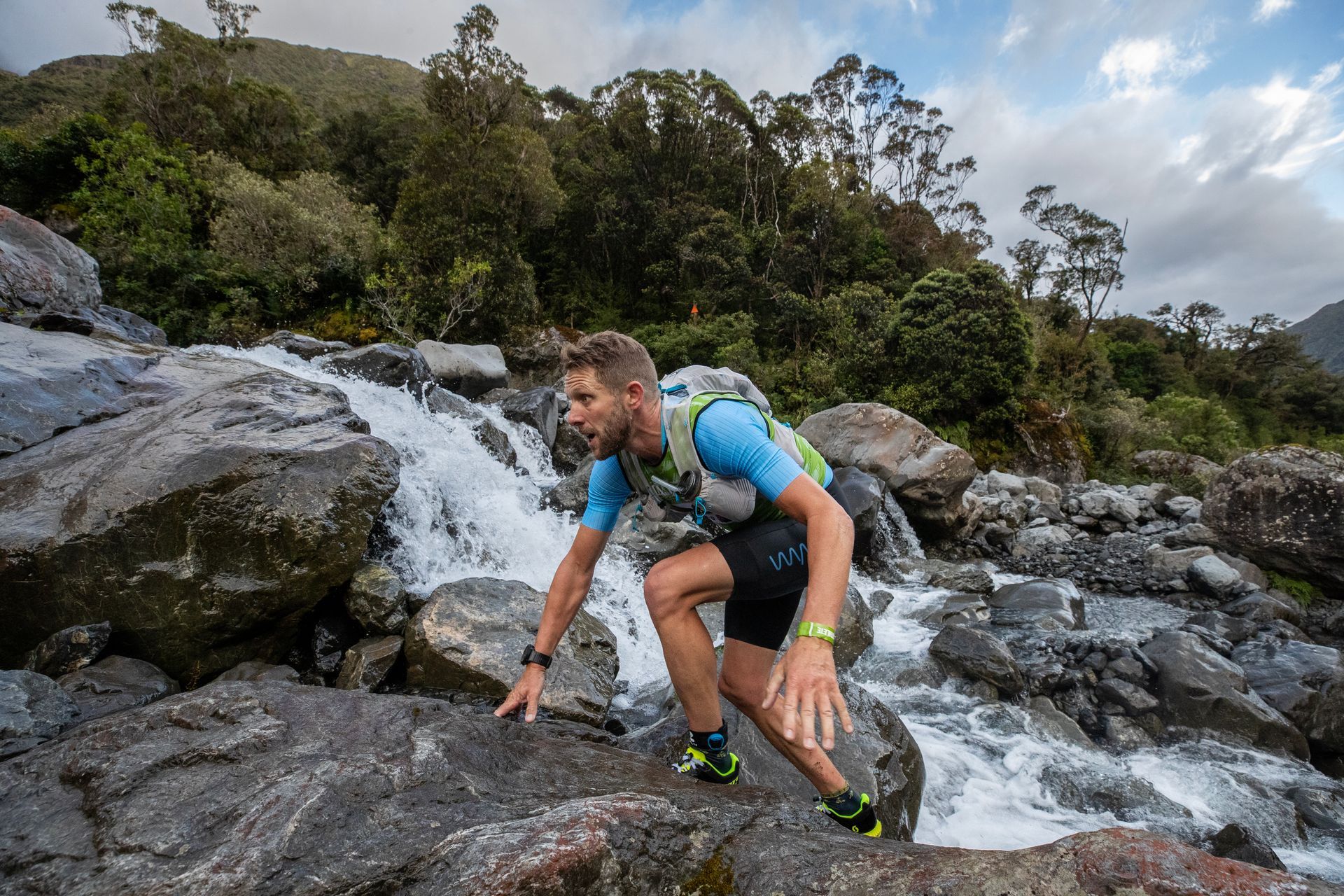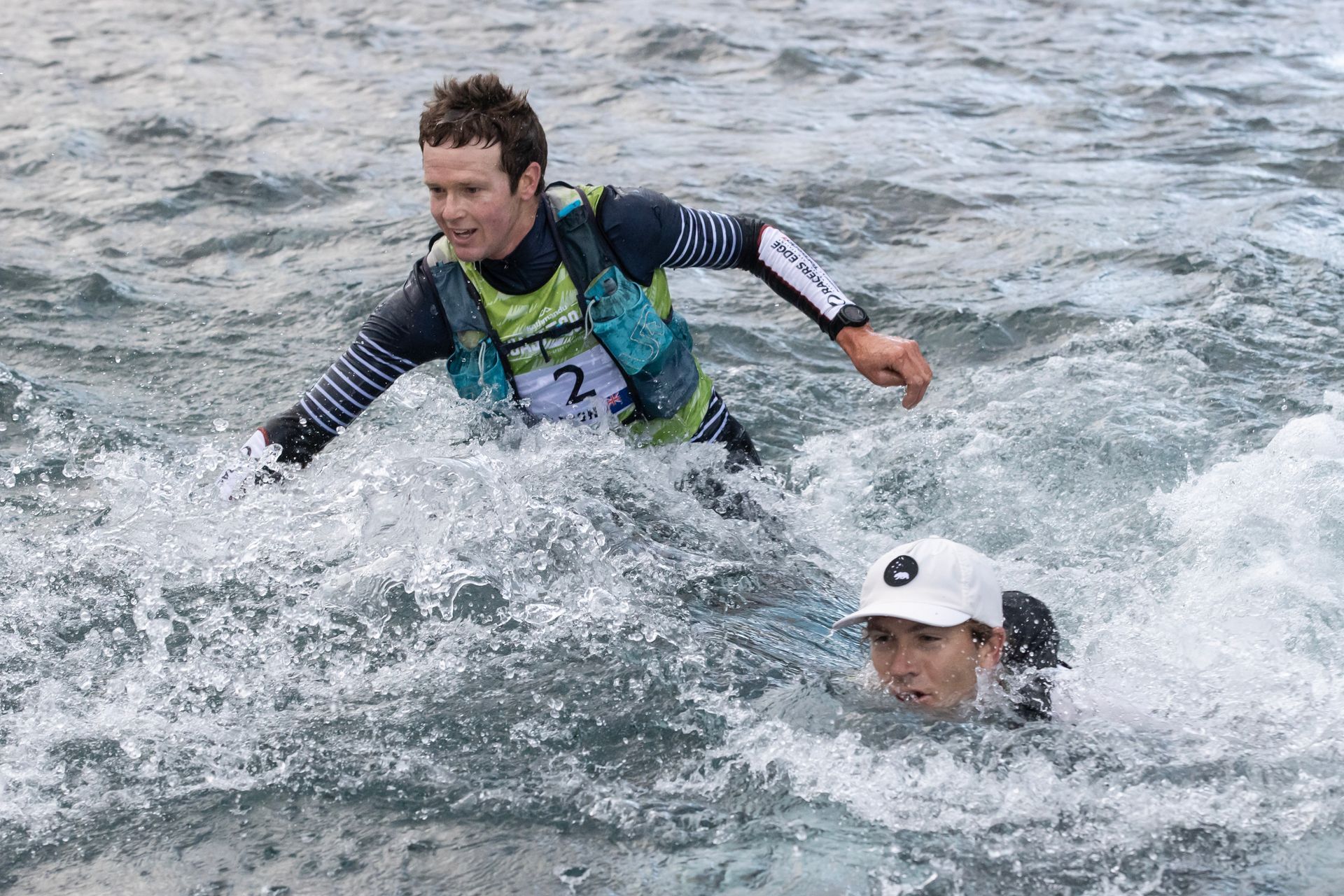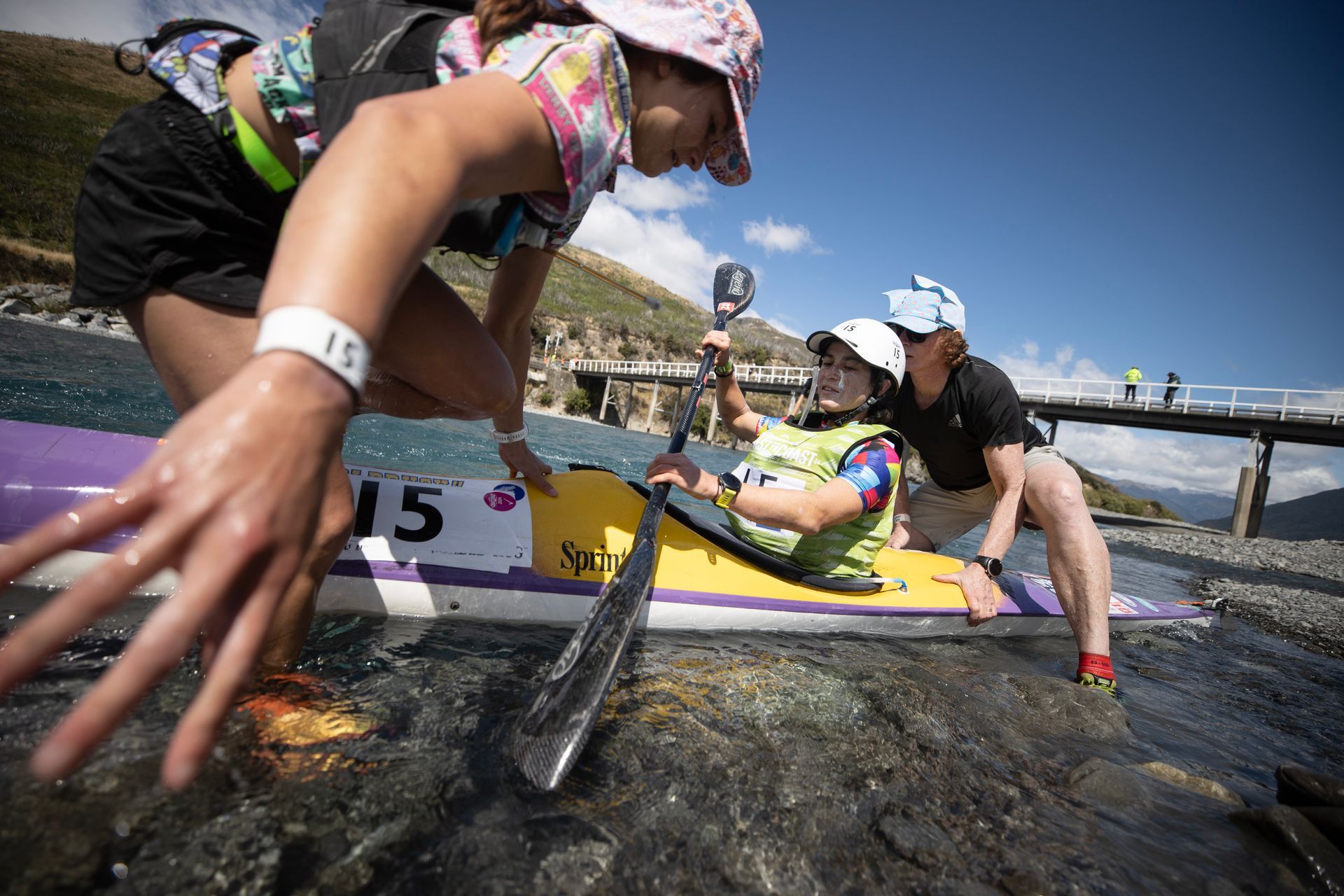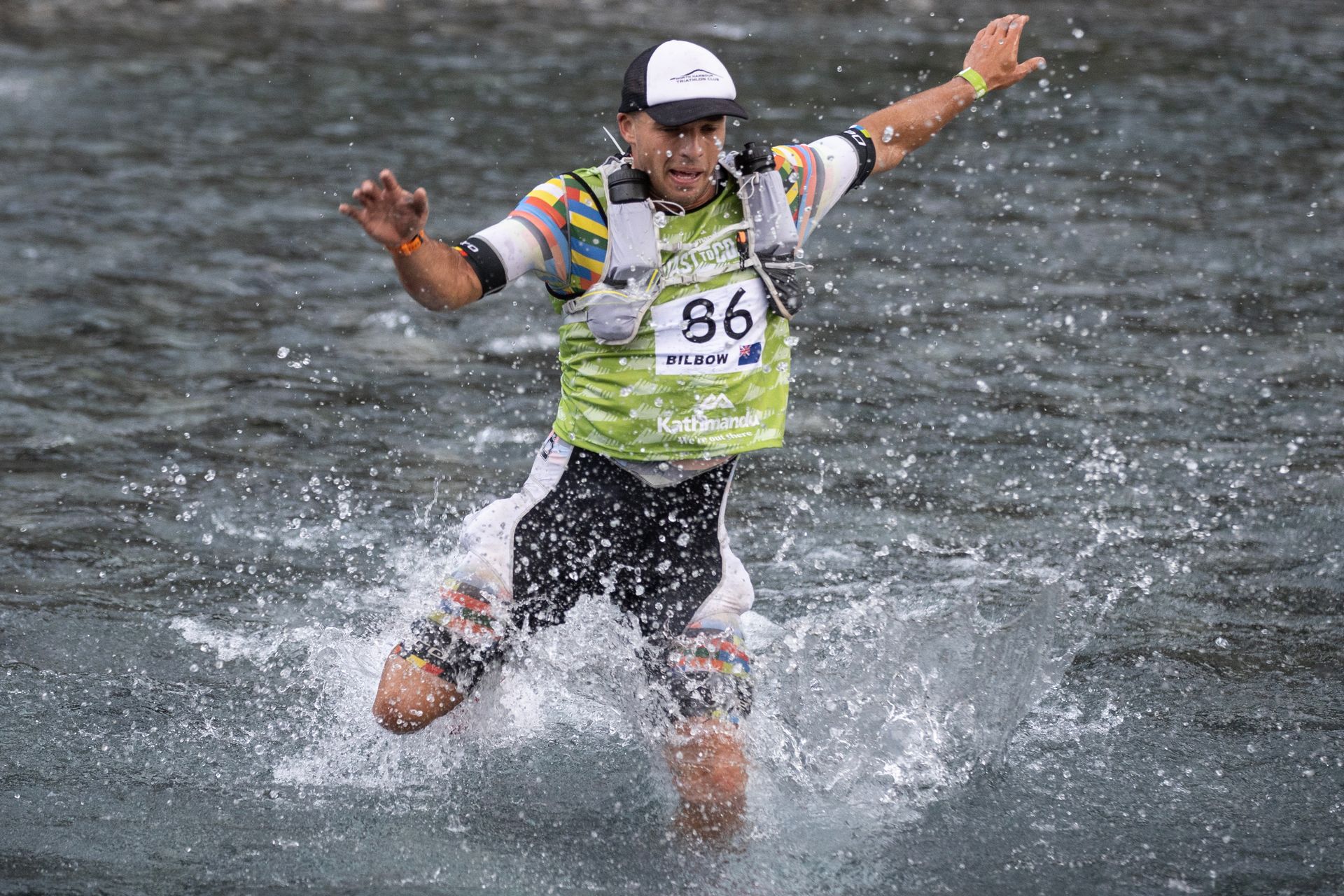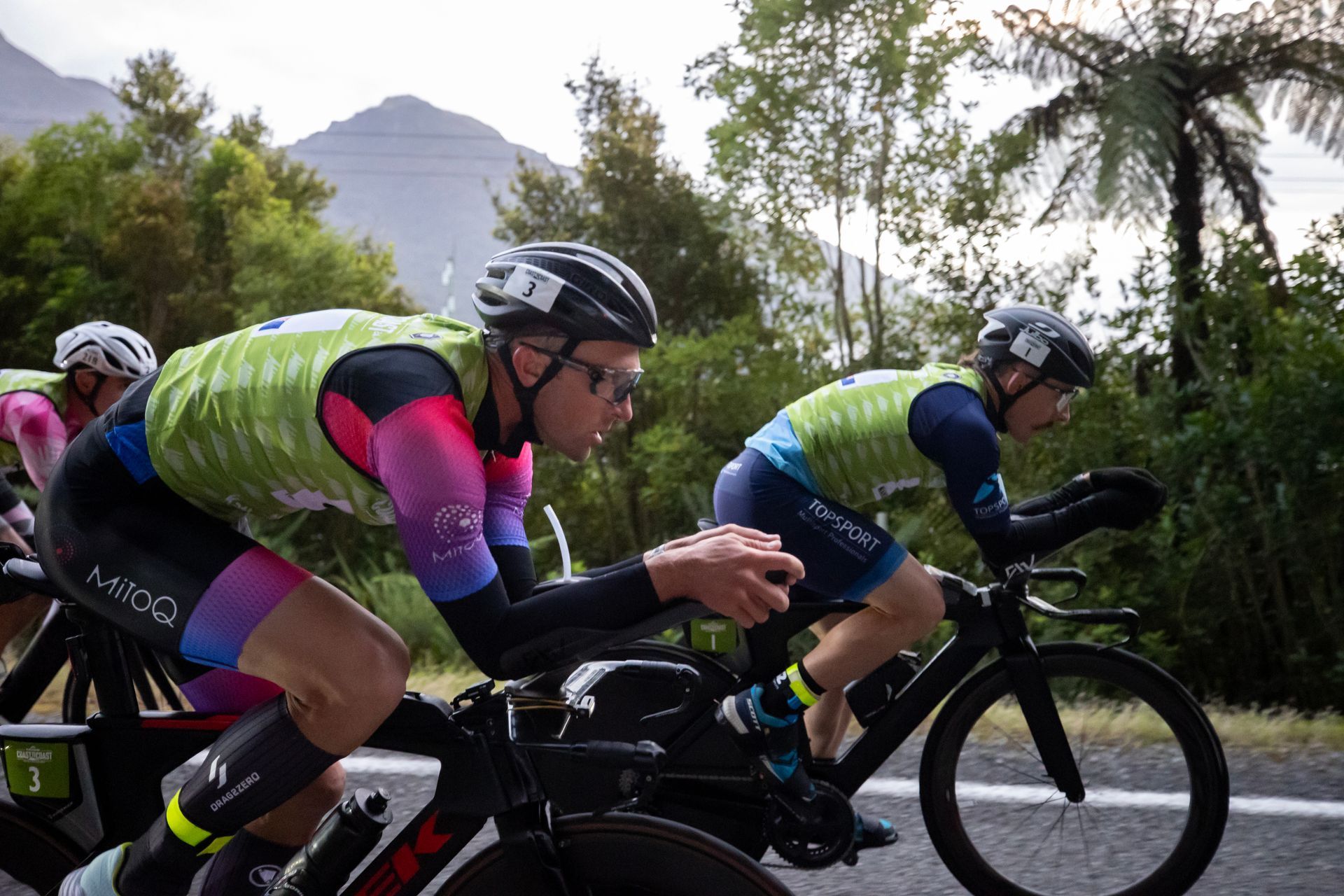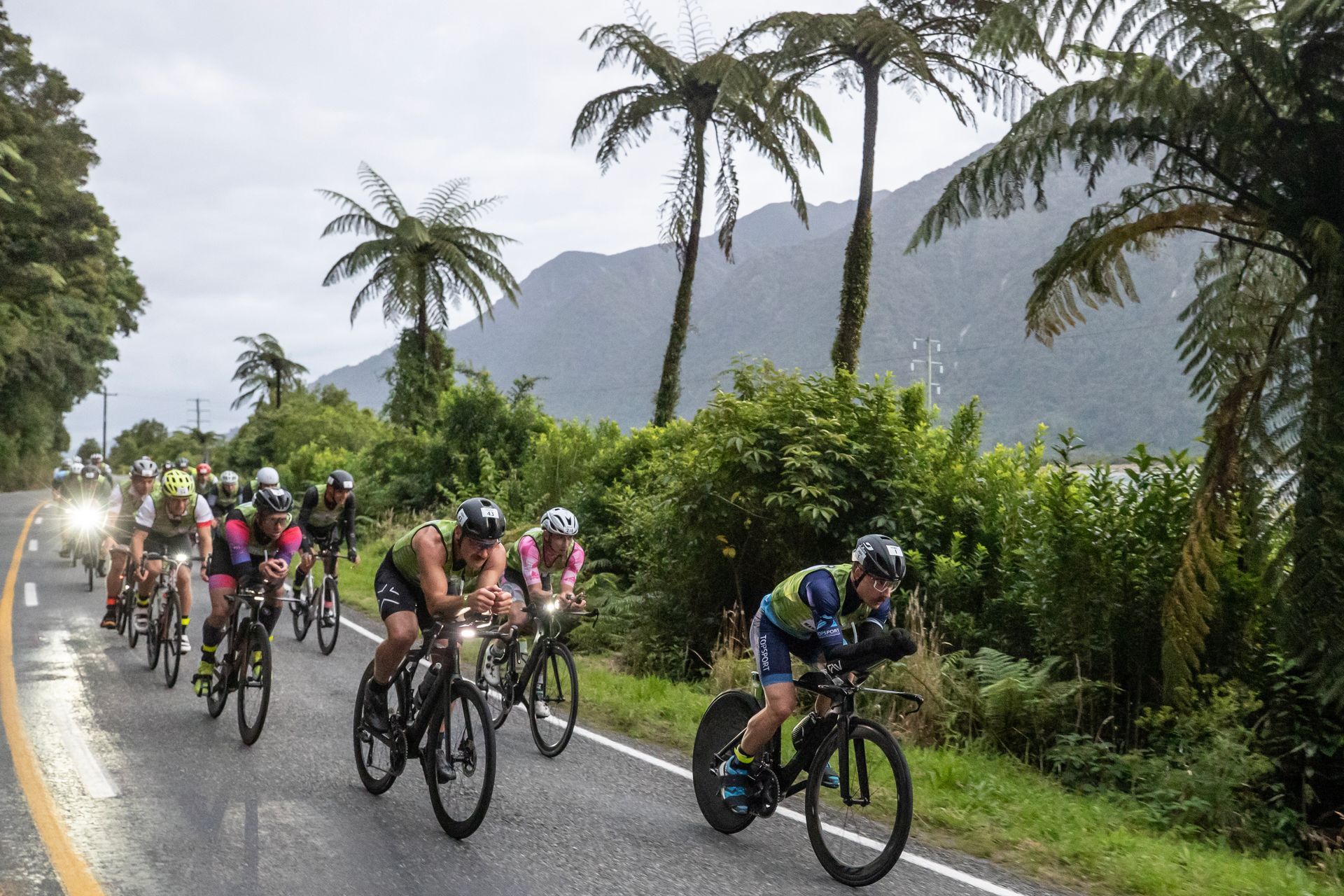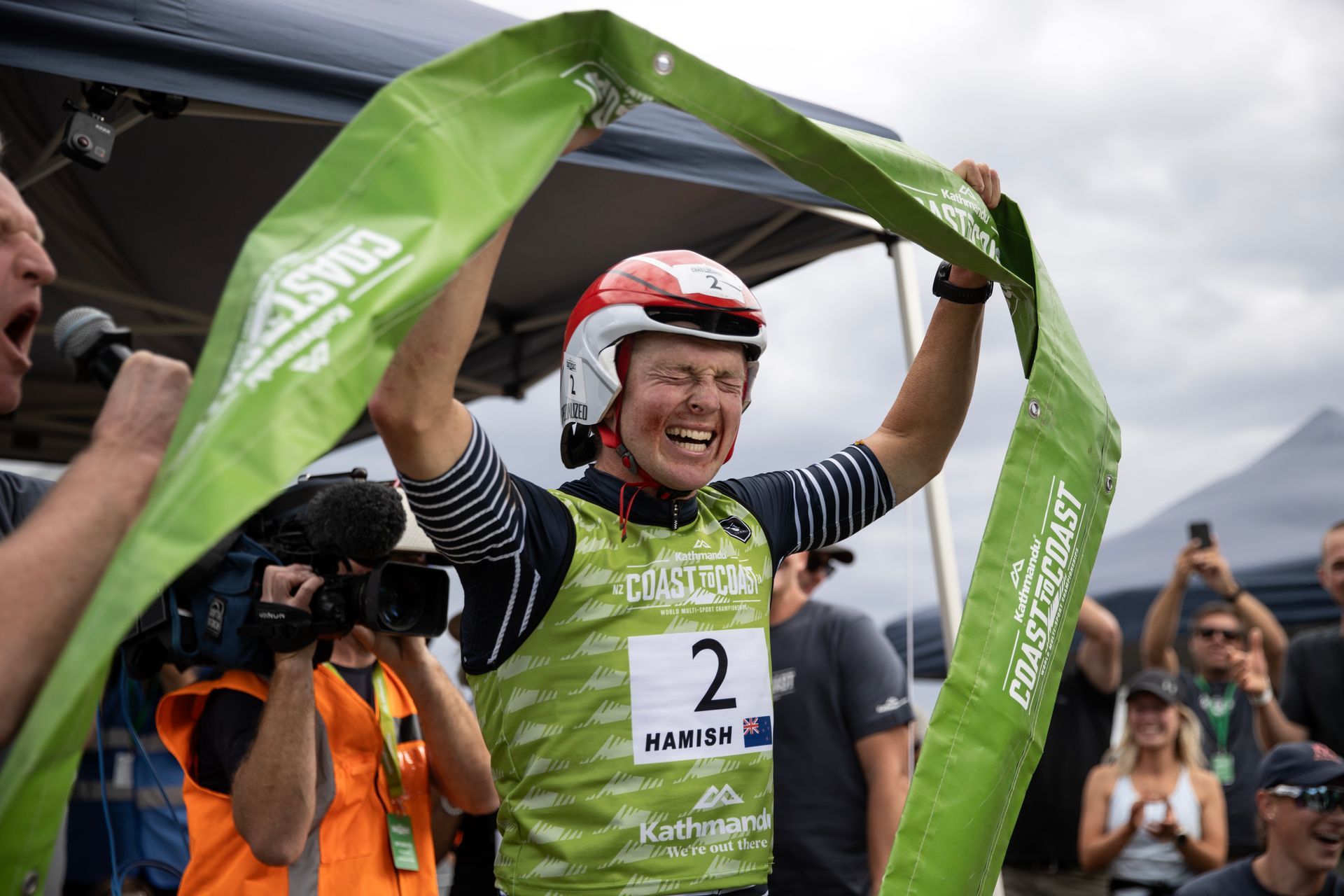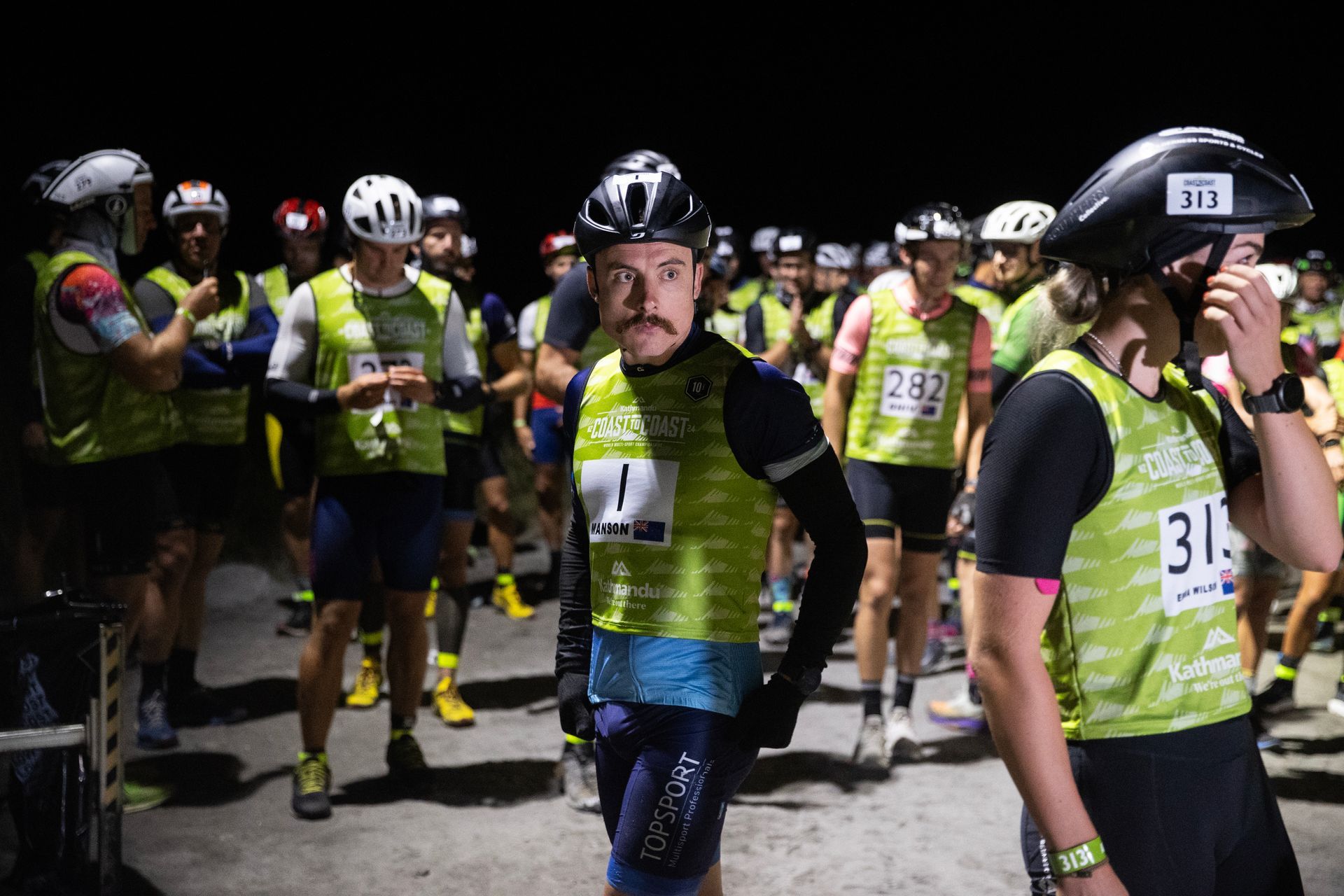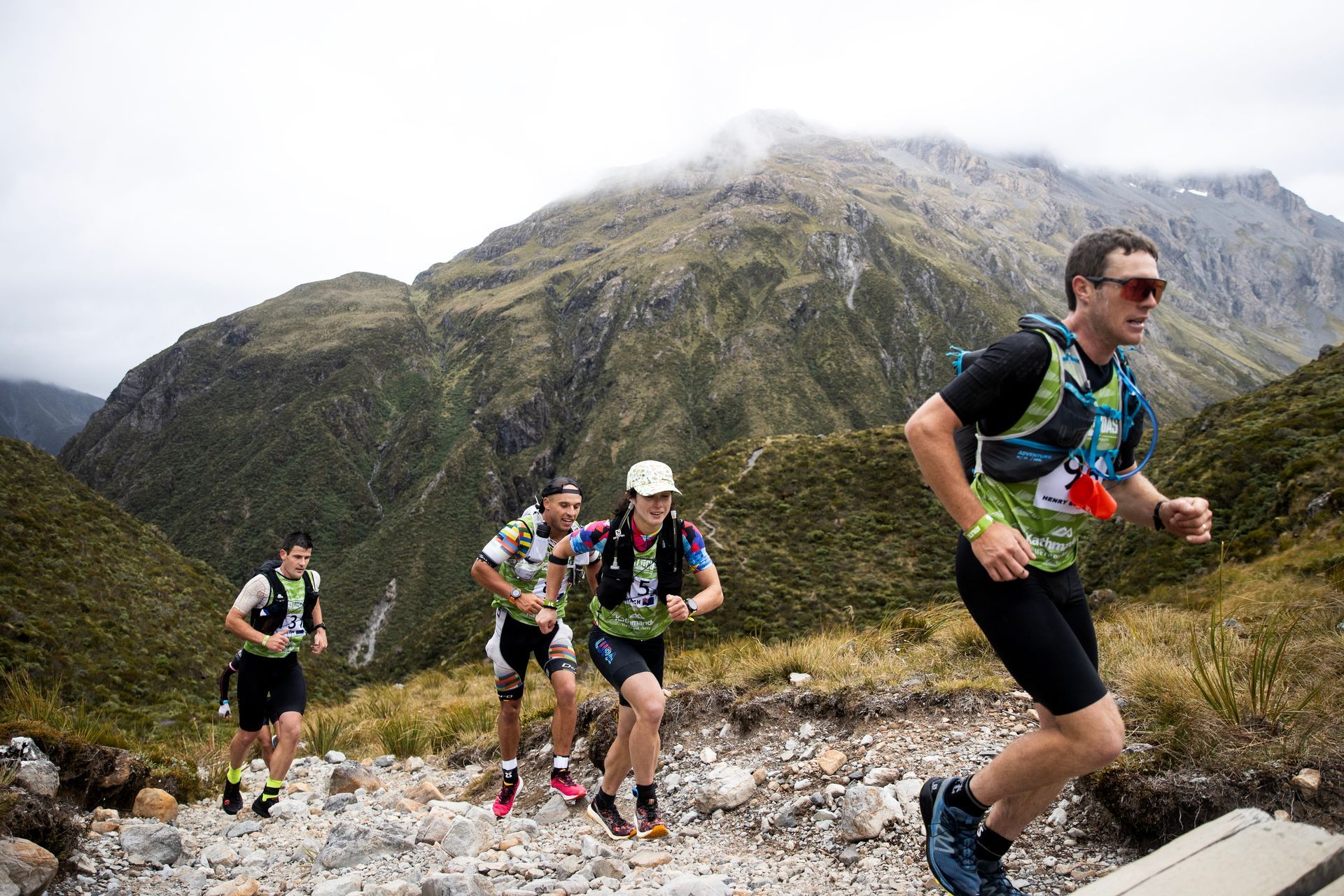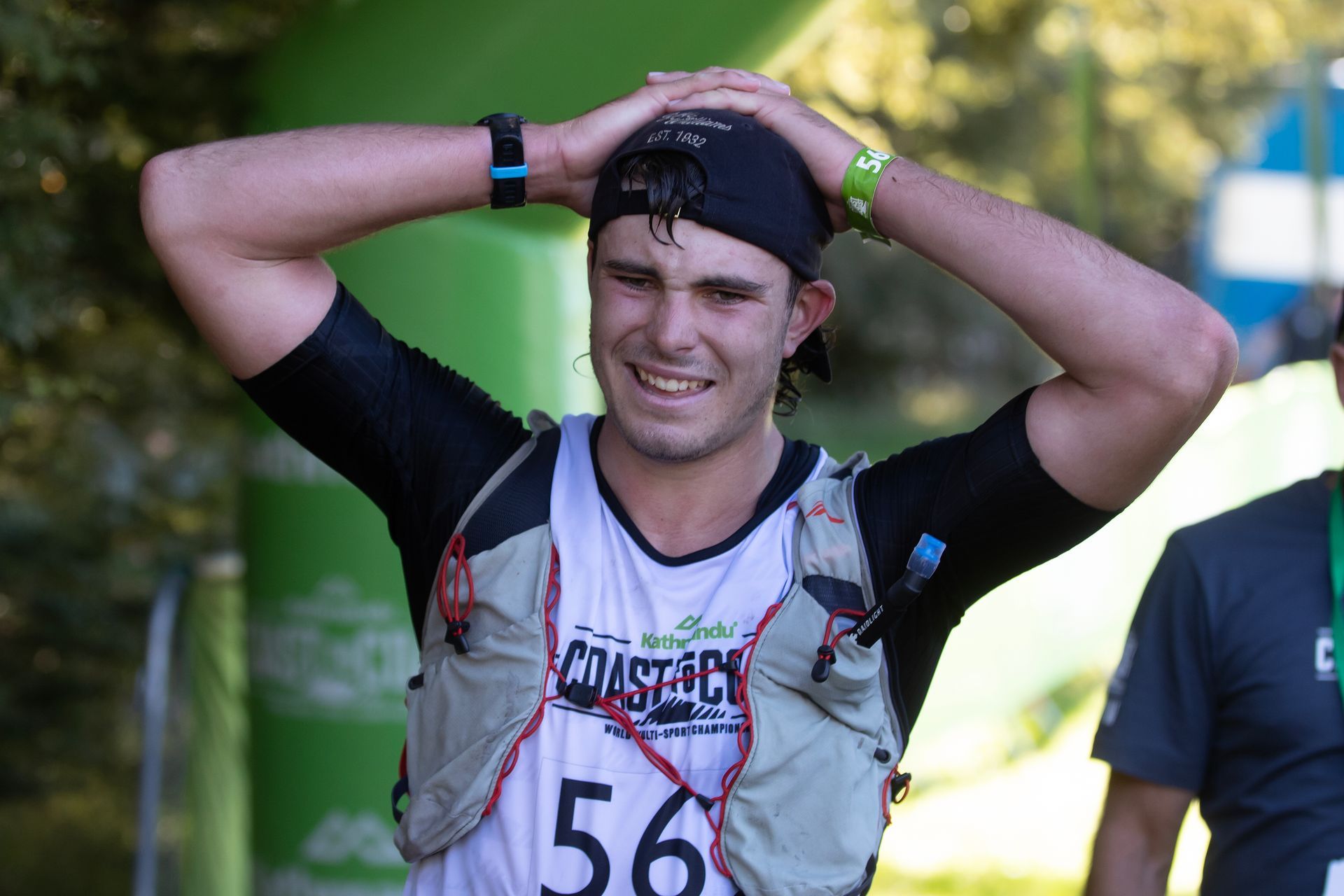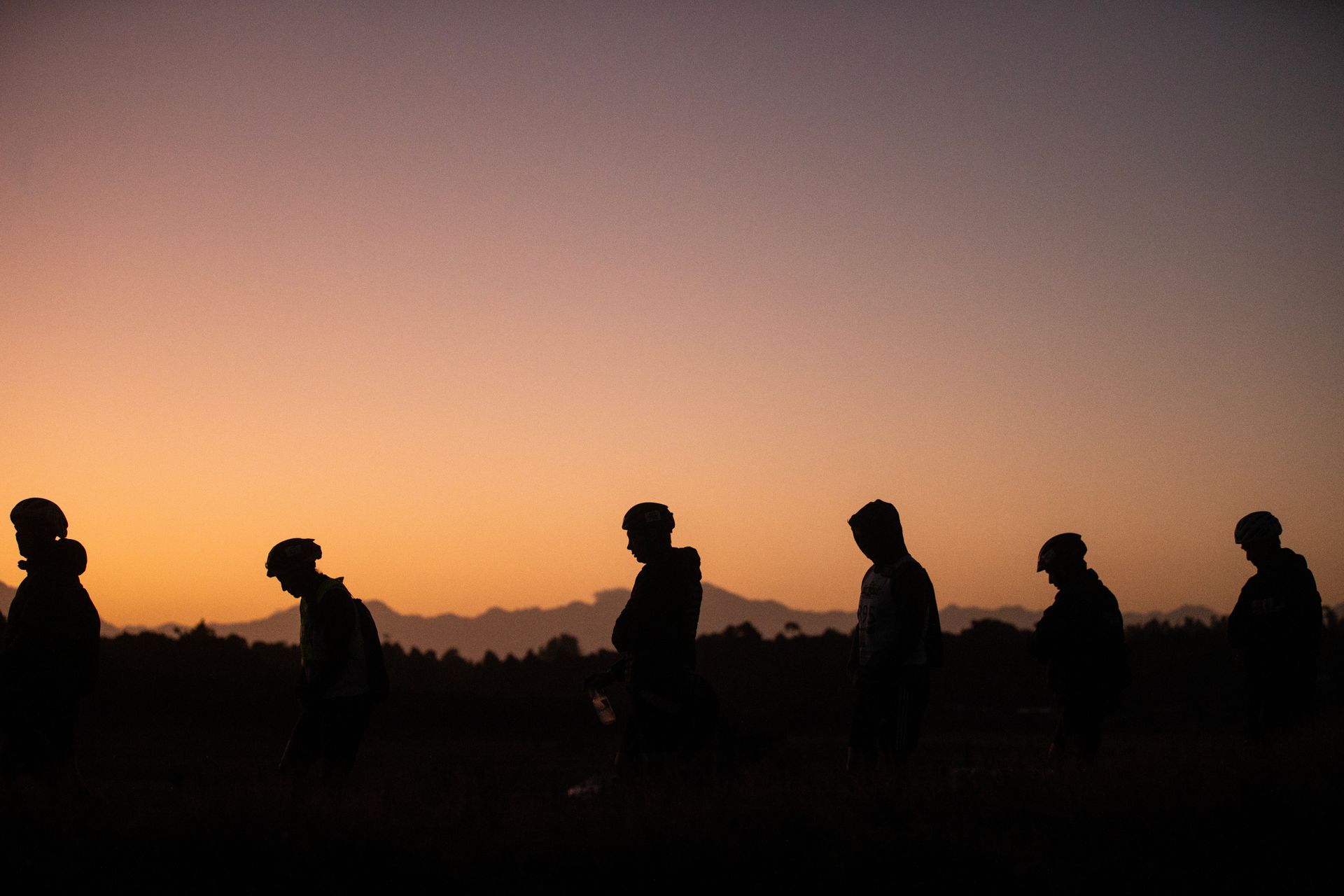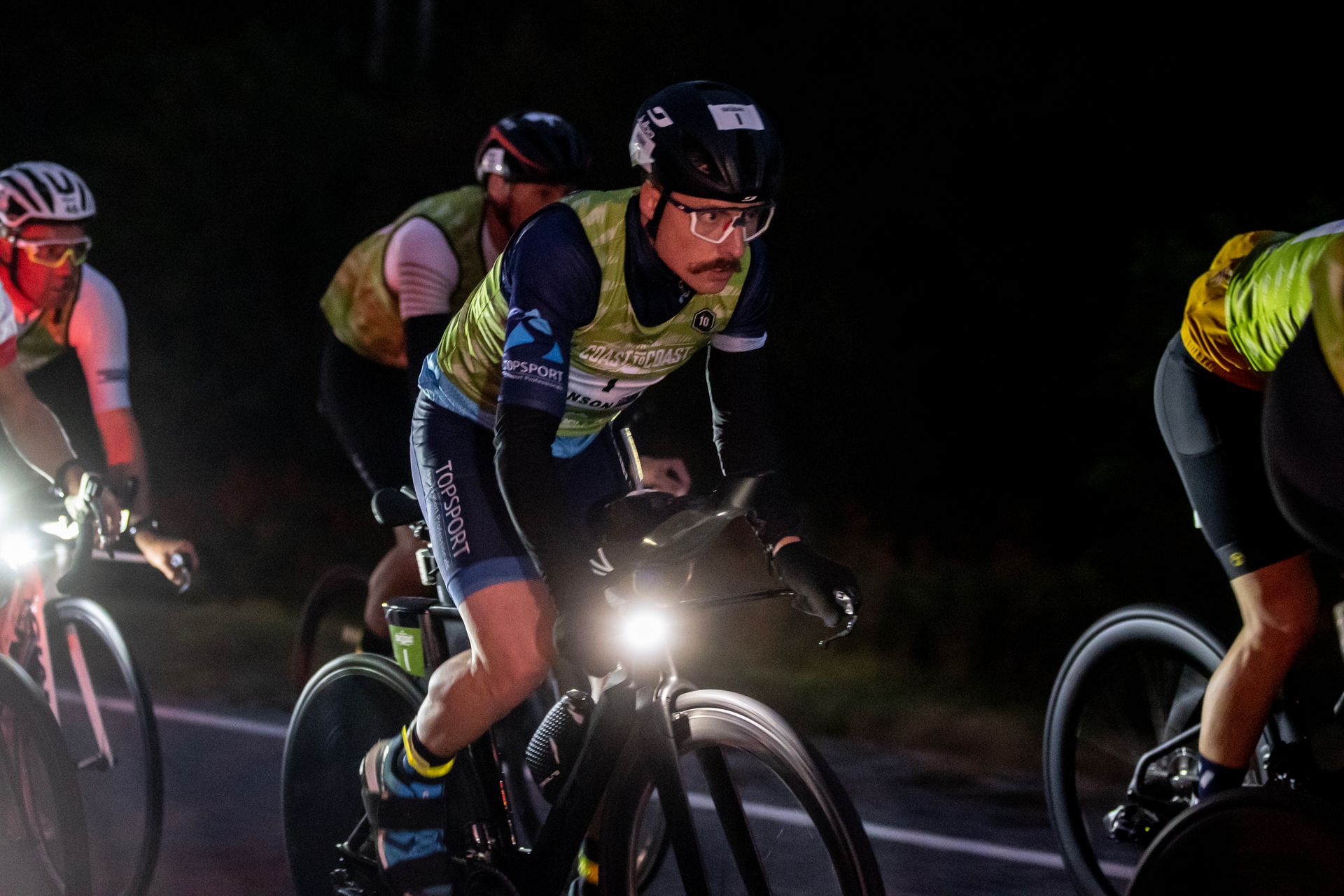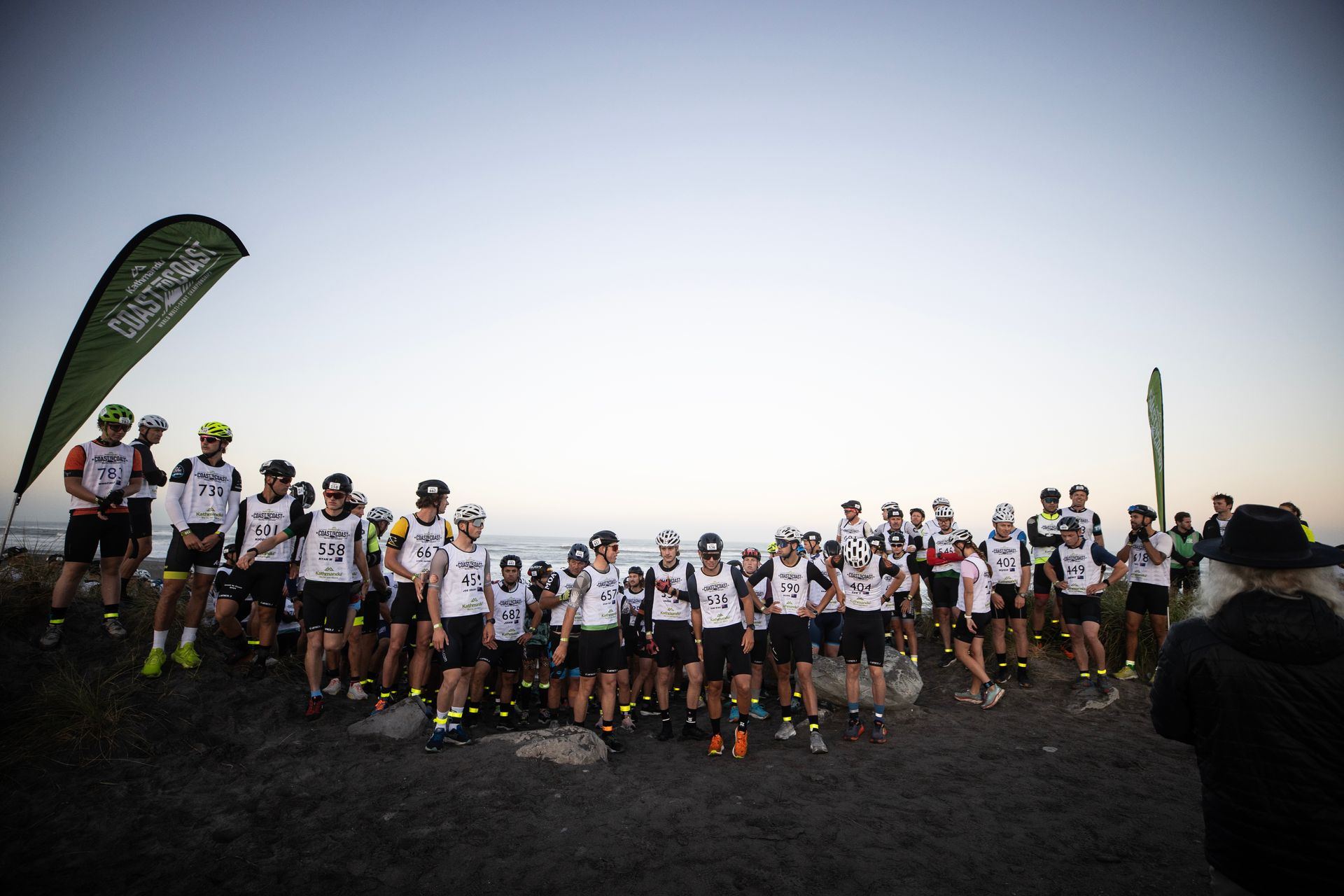Nutrition Training Guide
GET THE BASCIS RIGHT FIRST
- Eating the right foods is vital for overall health and wellness.
- Reducing illness and injury are the two main focuses regarding nutrition for training.
Key points
PLAN
PRE-TRAINING – WHAT AND WHEN
- Aim to have your last main (large) meal ~2 hours before your training.
- Balance your meal with carbohydrates, protein, fruit and vegetables. Simple changes such as increasing carbohydrates may help give you the energy you need for you training.
If you struggle with GI discomfort* on your trainings, make sure you stick with it. Start small; eat further away from training and build up your tolerance over time. This will train your gut to handle more during competition. If symptoms still persist, talk to one of the team members at CGN as this will require an individualised approach.
If you are feeling like you need a little bit more energy, get a carbohydrate rich snack in 30 minutes before your training. Some simple suggestions include;
- A banana
- Small bowl of cereal with fruit
- Toast/crumpets with sliced banana and honey
- Small bowl of pasta with tomato-based sauce
- Banana and berry smoothie
- Fruit toast with jam
*In severe cases, from change in stools to vomiting, please reach out to a dietitian or registered nutritionist soon to ensure there is no clinical underlying issue.
NUTRITION DURING TRAINING
Carbohydrate ideas (but not limited to):
- Gels (e.g. PURE Sport Nutrition) ~23g
- Jam or honey Sandwiches ~35g
- Energy Chews ~24g
- Banana ~20g
- X3 Jet Planes ~20g
- X14 Jelly Beans ~30g
- X4 Snakes ~40g
- Muesli Bar (e.g. OSM) ~20-30g
- Sports Drink (e.g PURE Hydration) ~12.5g
- Sports Bars ~40g
- 2 x pikelets with jam ~20g
- Marmite Sandwich ~17g
- Creamed Rice ~18-24g
- Pretzels ~22g
- Fruit Pouch ~10-28g
- Dried Fruit ~23-33g
For trainings over 1 hour, hydration is something to consider. Trial different sport drinks/water combinations to see what works for you. We will discuss more about hydration strategies, and exercise induced gastrointestinal distress, in our next article on race day nutrition. For now, you can weigh yourself before and after training and see if you are drinking/eating enough to keep your weight loss to a minimum (<2% body weight change).
RACE DAY NUTRITION
Establishing your race-day nutrition strategy is just as important as training for the race itself. It takes trial and error, but working out what you plan to consume on the big day will be crucial to how the race plays out. Like always, race day nutrition is different for everyone, and practice should be considered before the race.
Conrad Goodhew from www.conradgoodhew.com has put together comprehensive guides for the Longest Day, 2-Day and teams and Mountain Run events, jam-packed with everything you need to know for pre, during and post-race nutrition, including what you need to start thinking about now to ensure you give it your best come race day.
POST TRAINING RECOVERY
ARE YOUR EATING ENOUGH?
HOW IS YOUR STRESS AND SLEEP?
TAKEAWAY MESSAGES
- Get the quality of your diet right first. Aim for wholegrain carbohydrates, plenty of fruit and vegetables and a serve of protein at each meal and snack.
- Structure your days to eat ‘fuelling food’ pre training, and ‘recovery food’ post training.
- During training longer than 1 hour, practice consuming carbs during.
- Prioritise sleep and stress management
Disclaimer
References
- Hector, A. J., & Philips, S. M. (2018) Protein recommendations for weight loss in elite athletes: A focus on body composition and performance. International journal of sport nutrition and exercise metabolism, 28(2), 170-177. https://doi.org/10.1123/ijsnem.2017-0273
- Jeukendrup, A. (2014), A step toward personalized sports nutrition: carbohydrate intake during exercise. Sports Medicine, 44(1), 25-33. https://doi.org/10.1007/s40279-014-0148-z
- Burke, L. M., Hawley, J. A., Wong, S. H., & Jeukendrup, A. E. (2011) Carbohydrates for training and competition. Journal of sports sciences. 29(sup1). S17-S27. https://doi.org/10.1080/02640414.2011.585473
- Beck, K. L., Thomson, J. S., Swift, R. J., & Von Hurst, P. R. (2015). Role of nutrition in performance enhancement and postexercise recovery. Open access journal of sports medicine, 6, 259. https://doi.org/10.2147/OAJSM.S33605
- Meyer, N. L., Manore, M. M., & Berning, J. (2012). Fueling for fitness: Food and fluid recommendations for before, during, and after exercise. ACSM’s Health & Fitness Journal. 16(3). 7-12. https://doi.org/10.1249/01.FIT.0000414750.69007.fc


